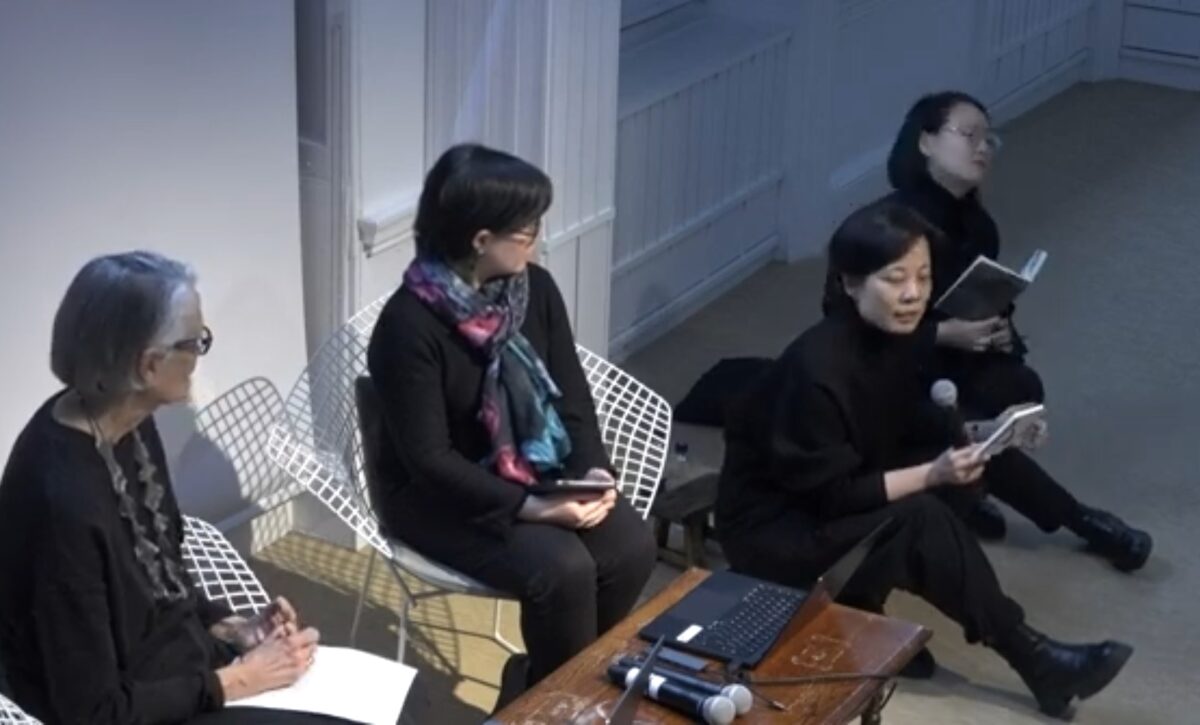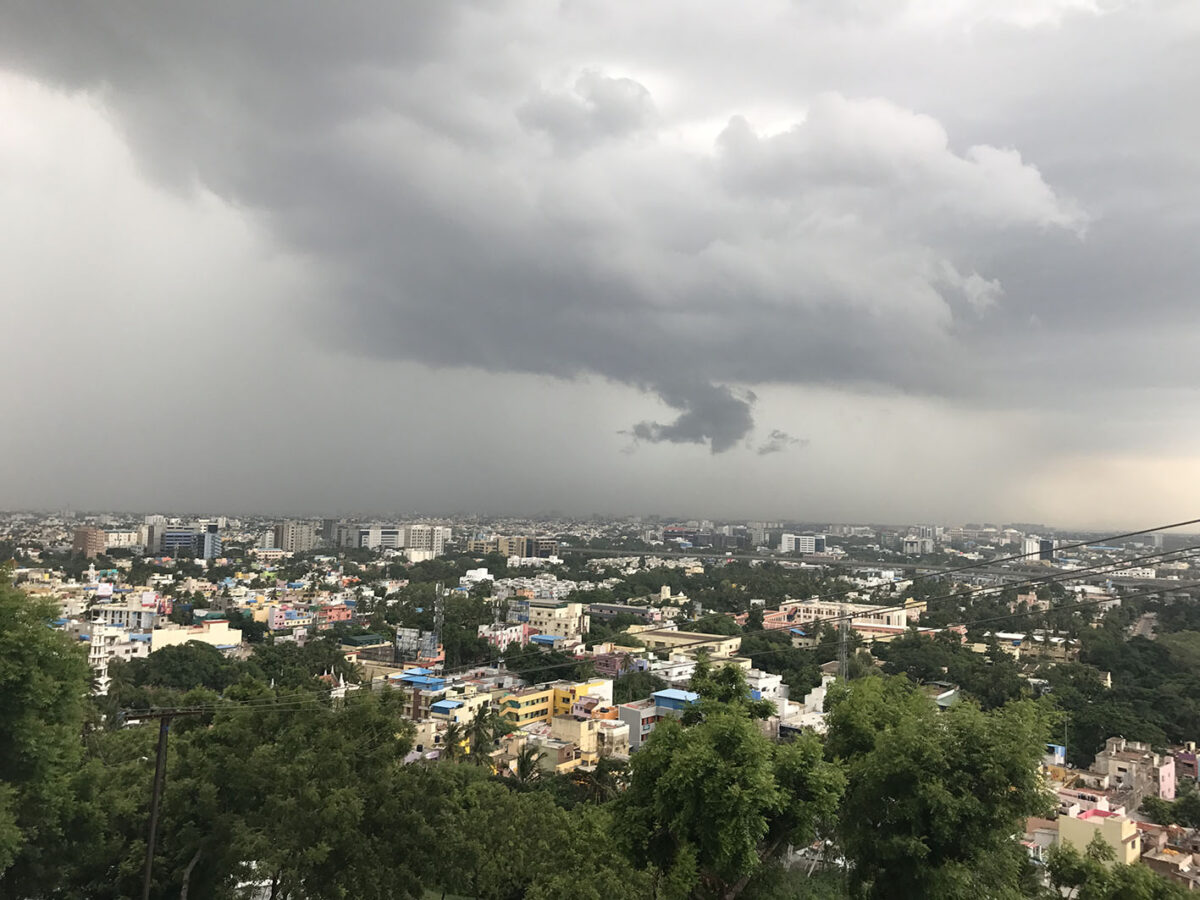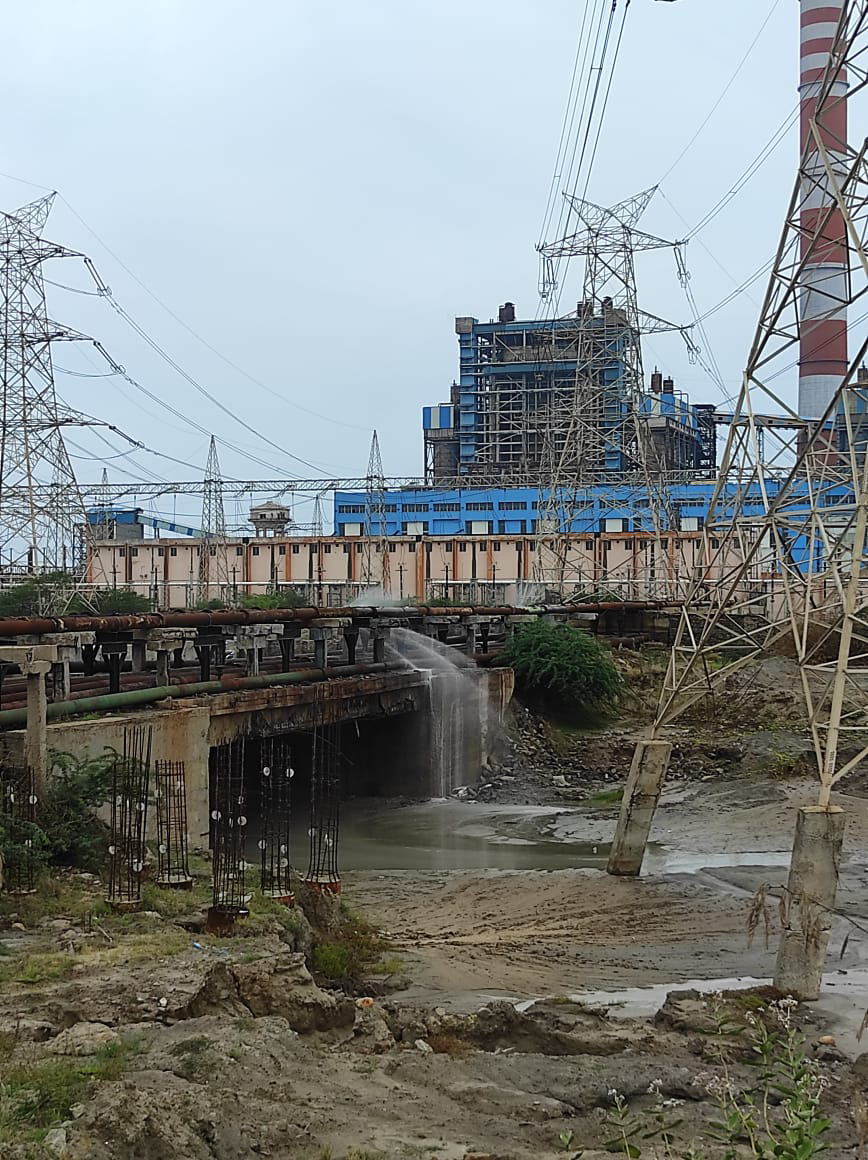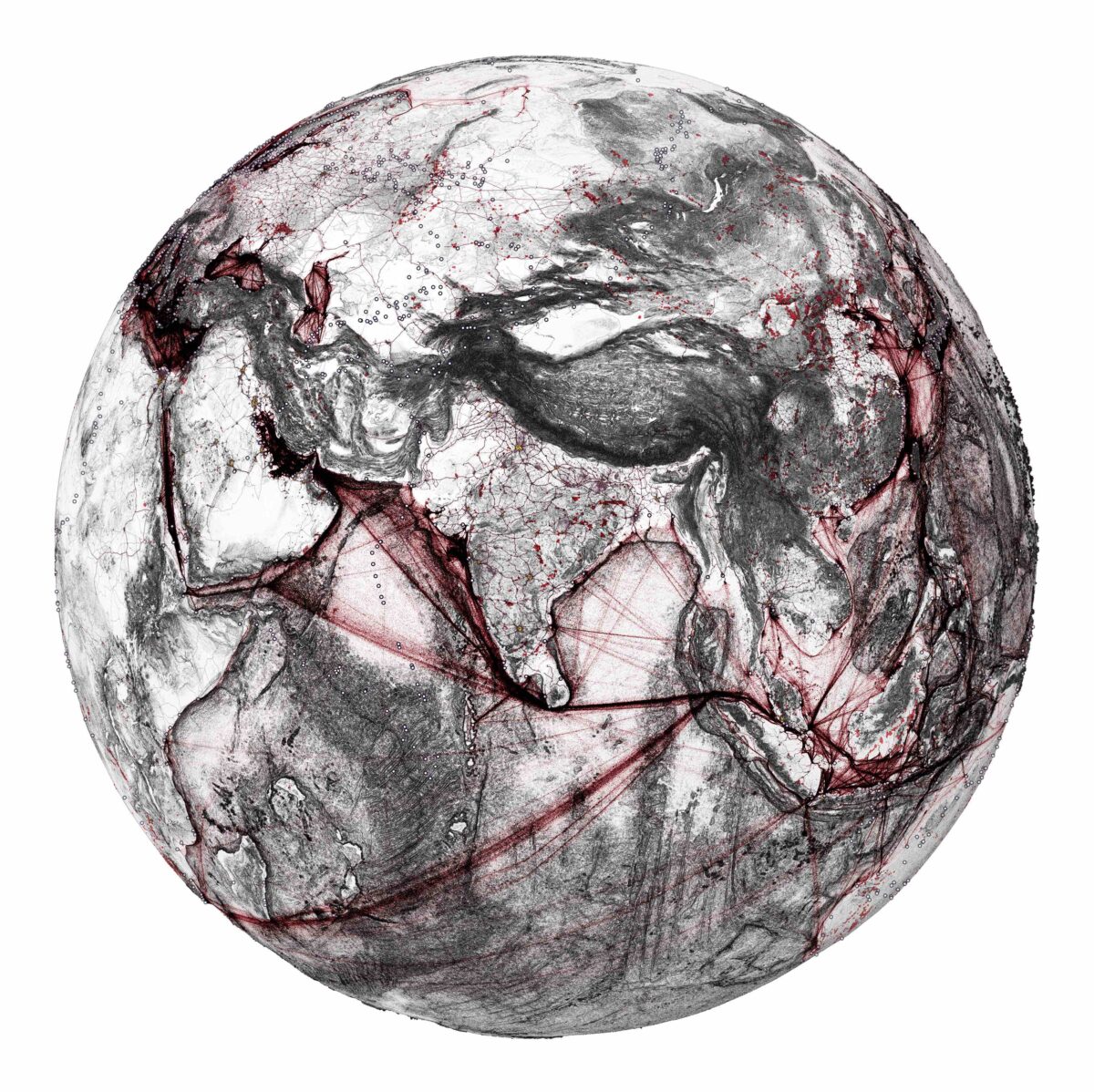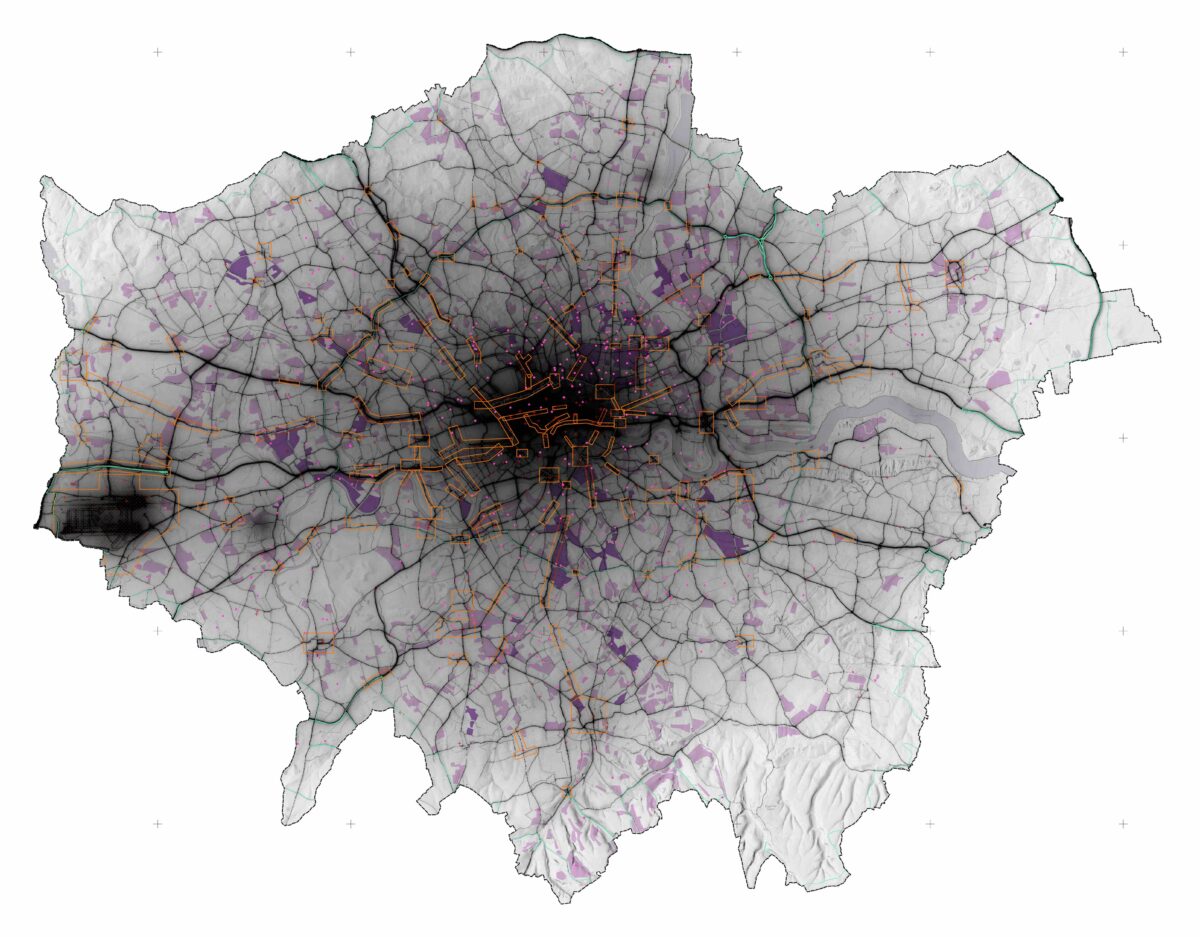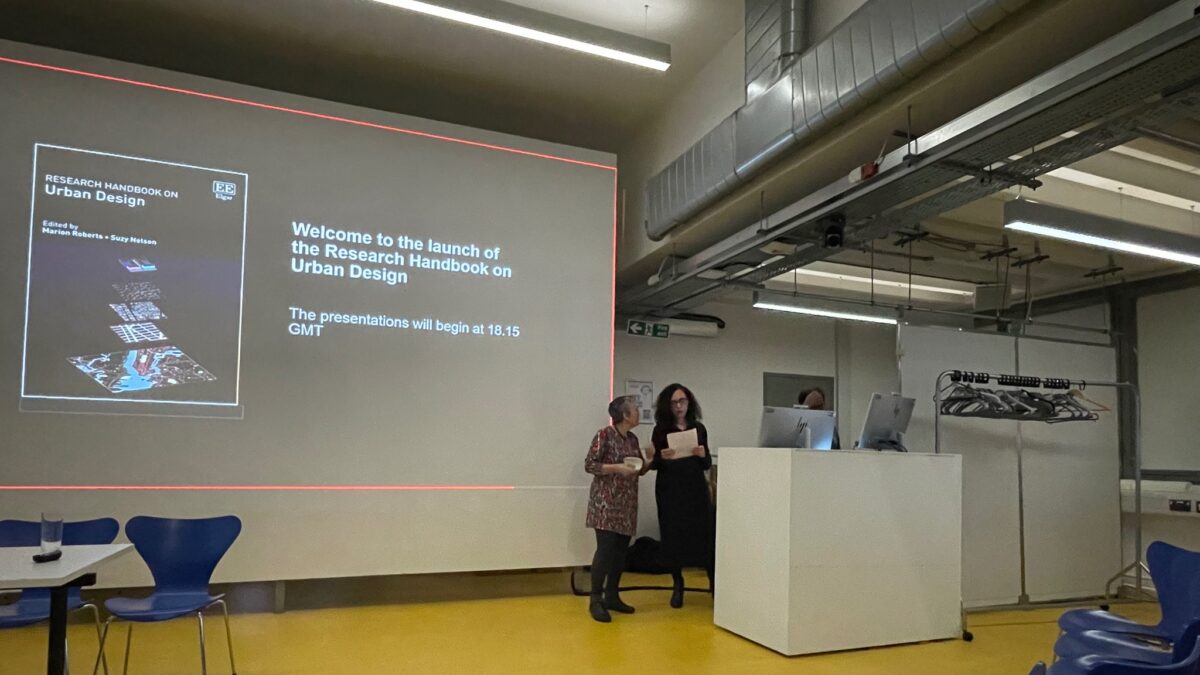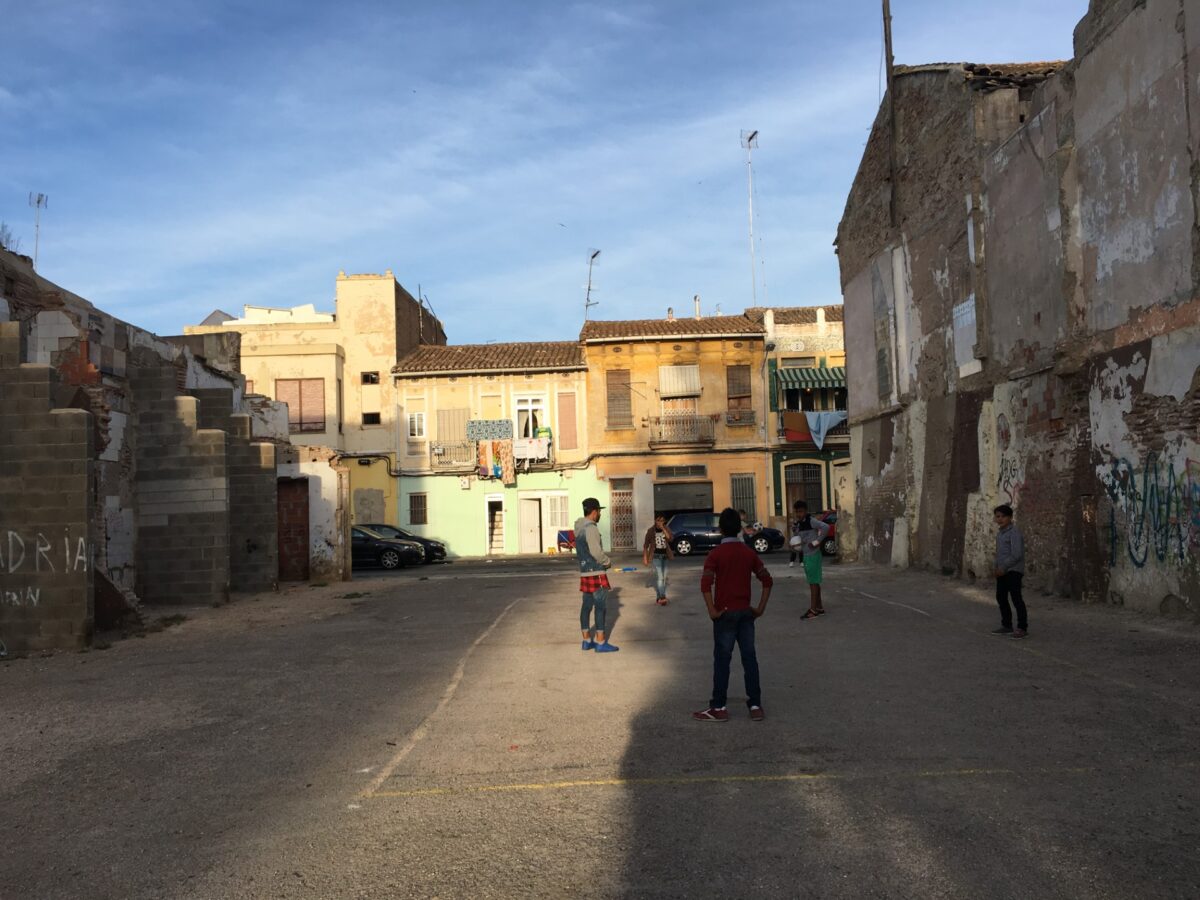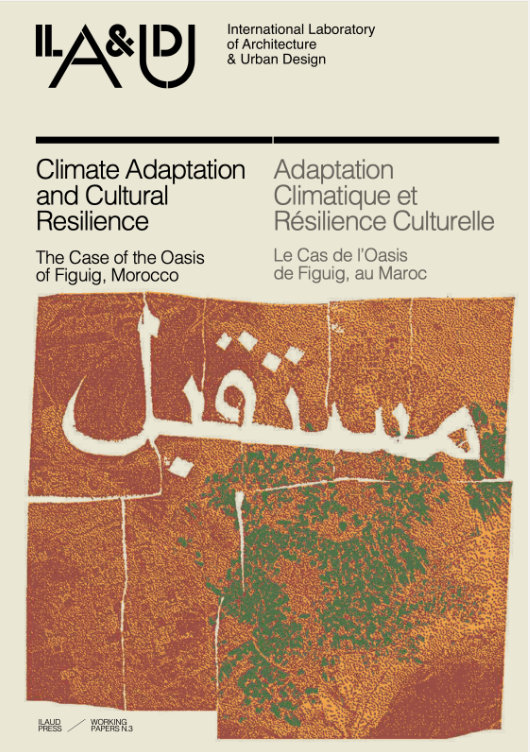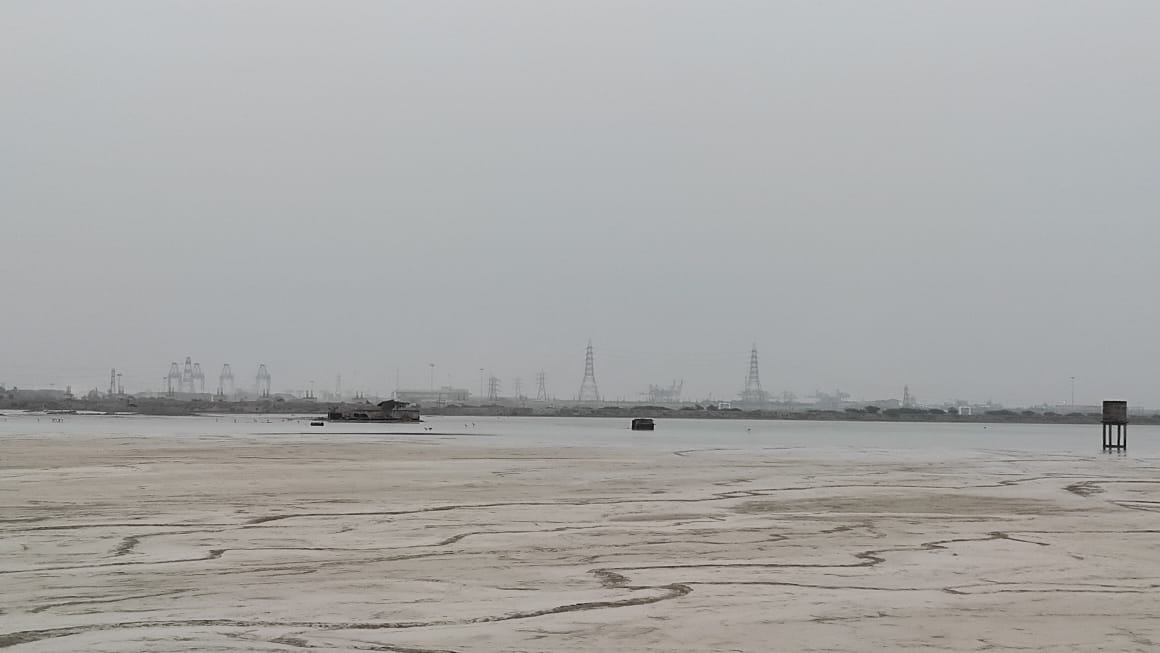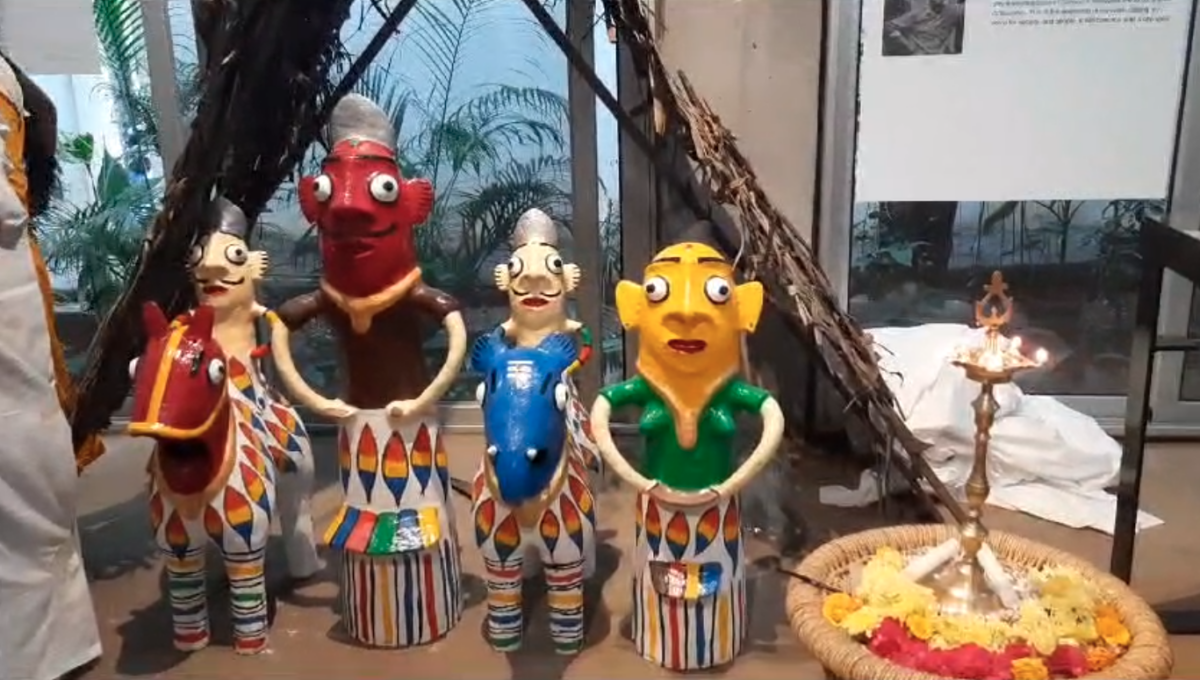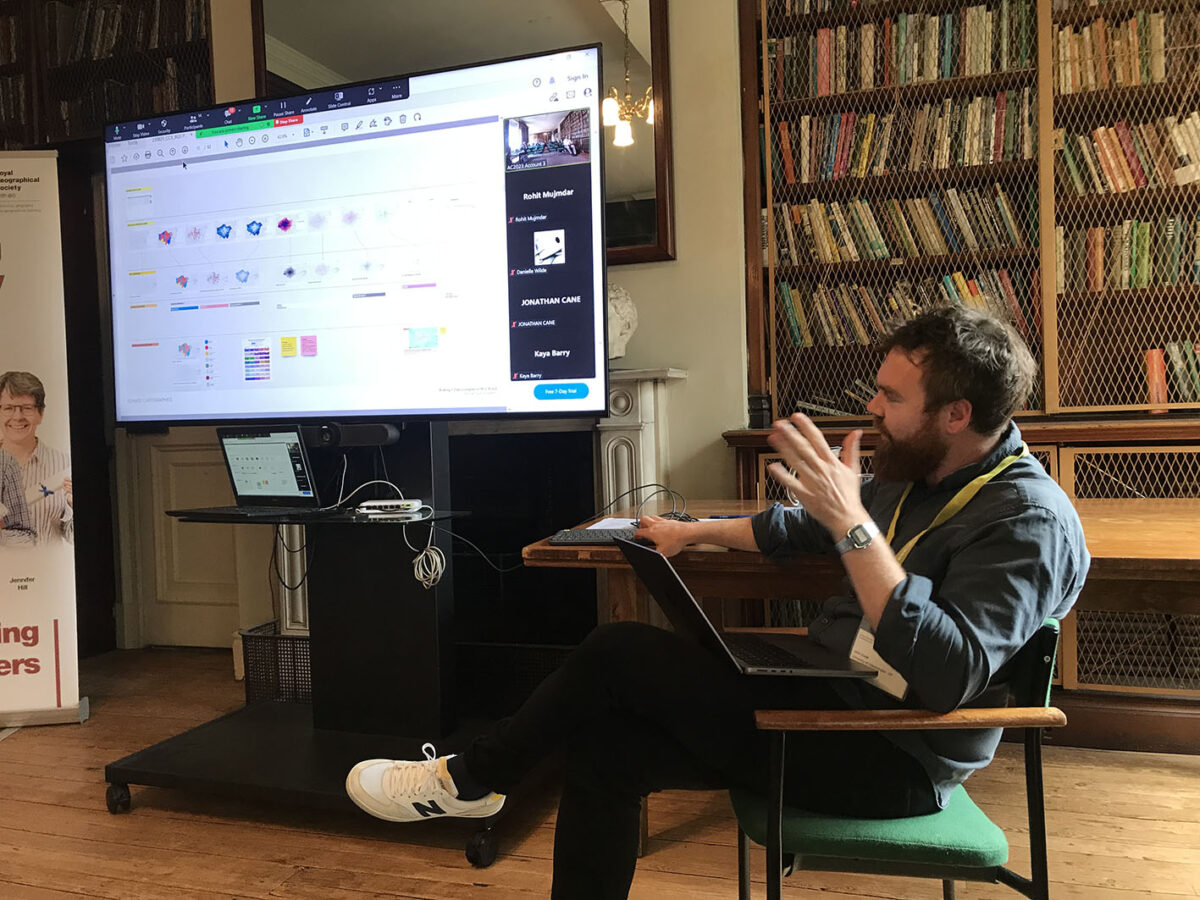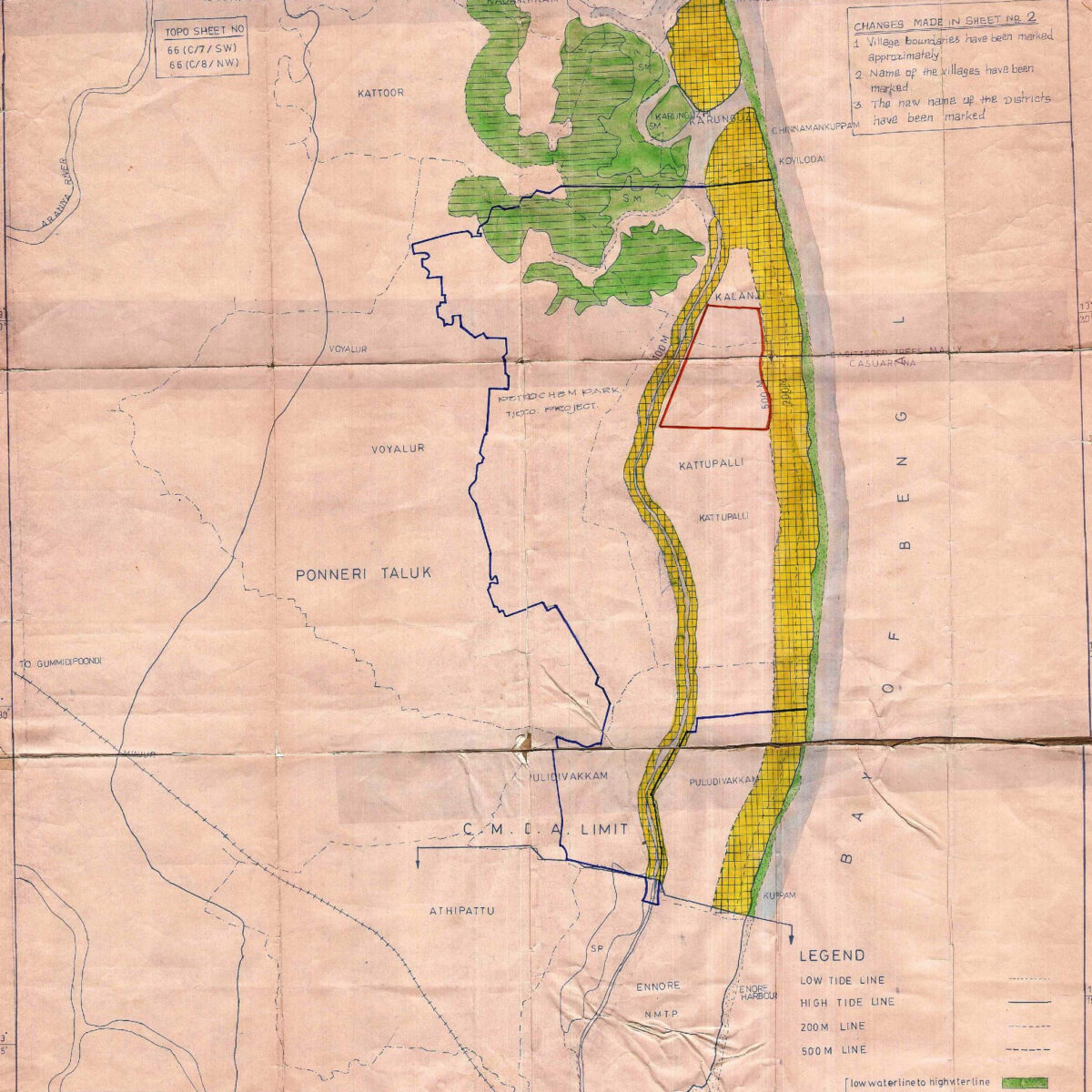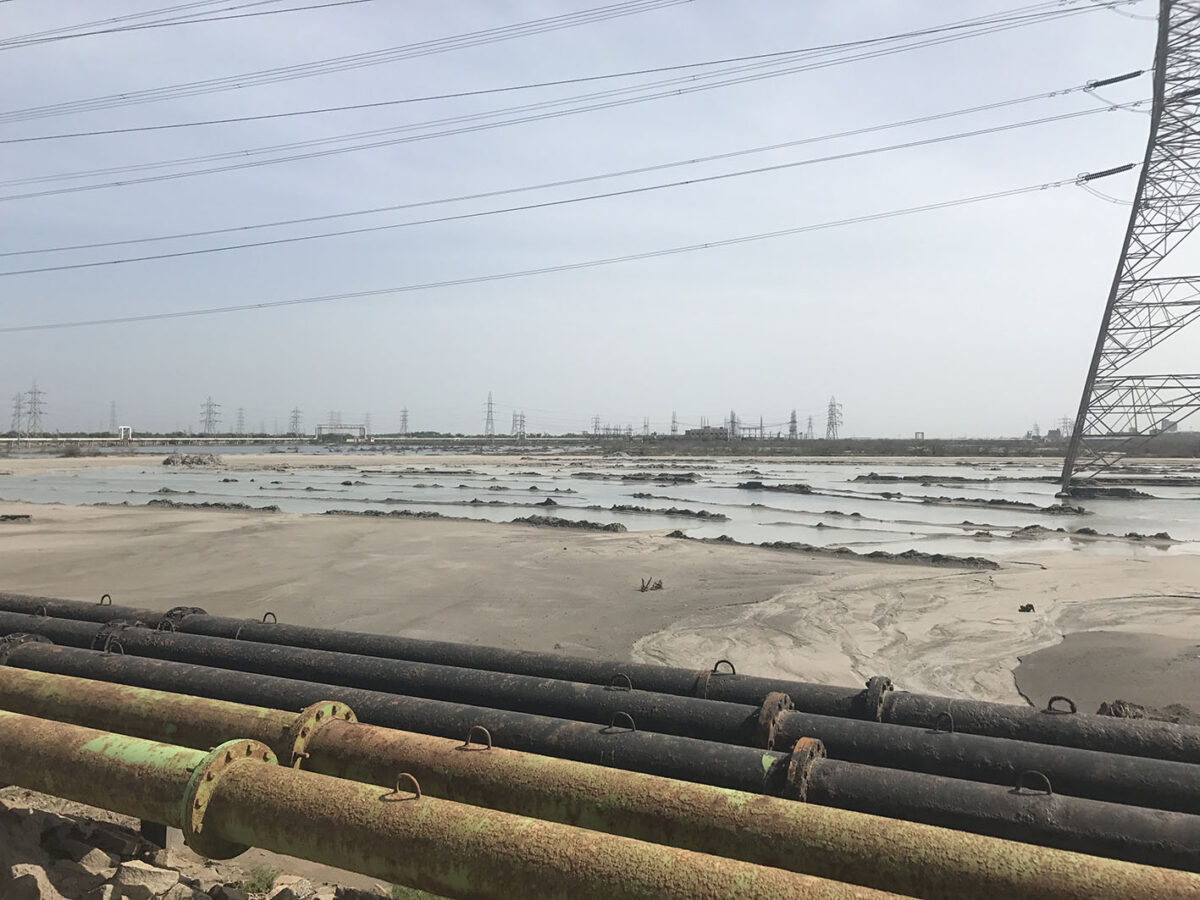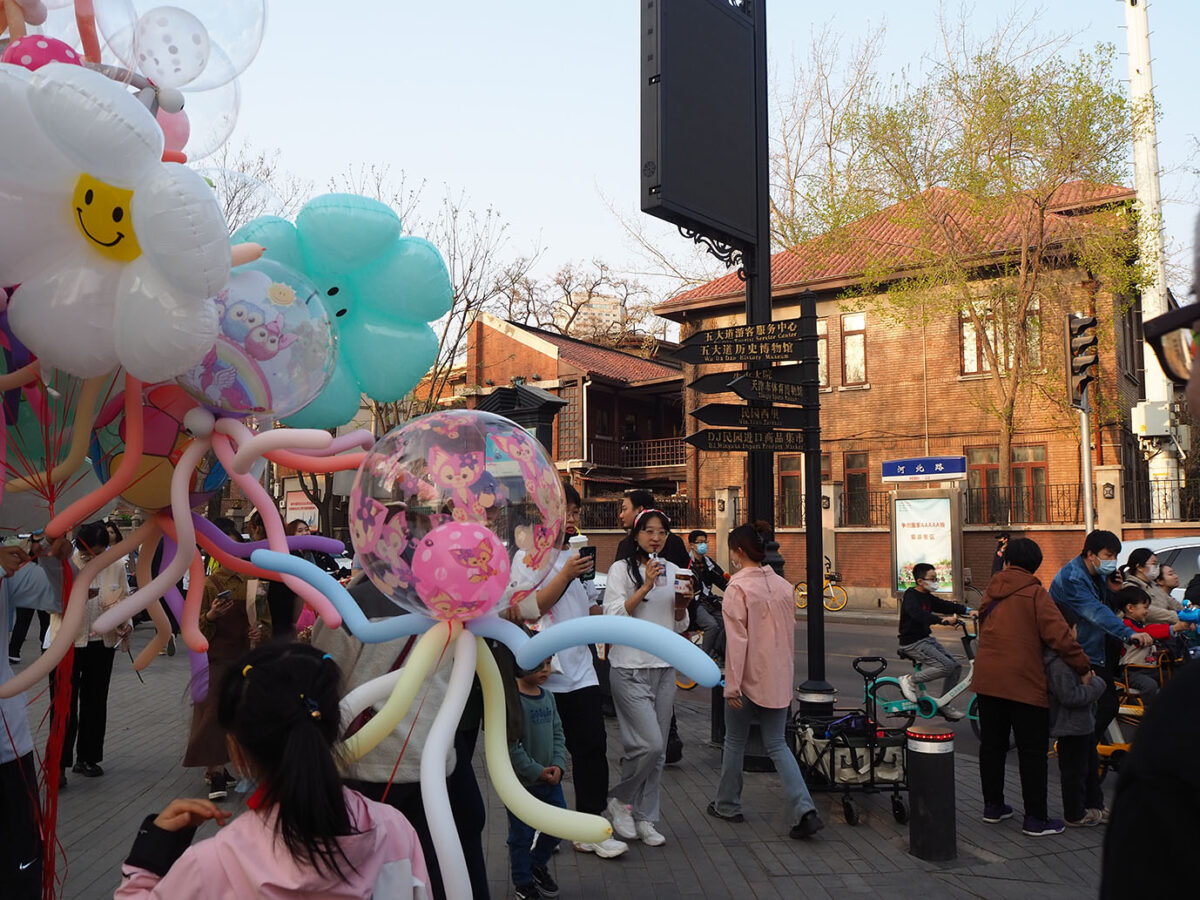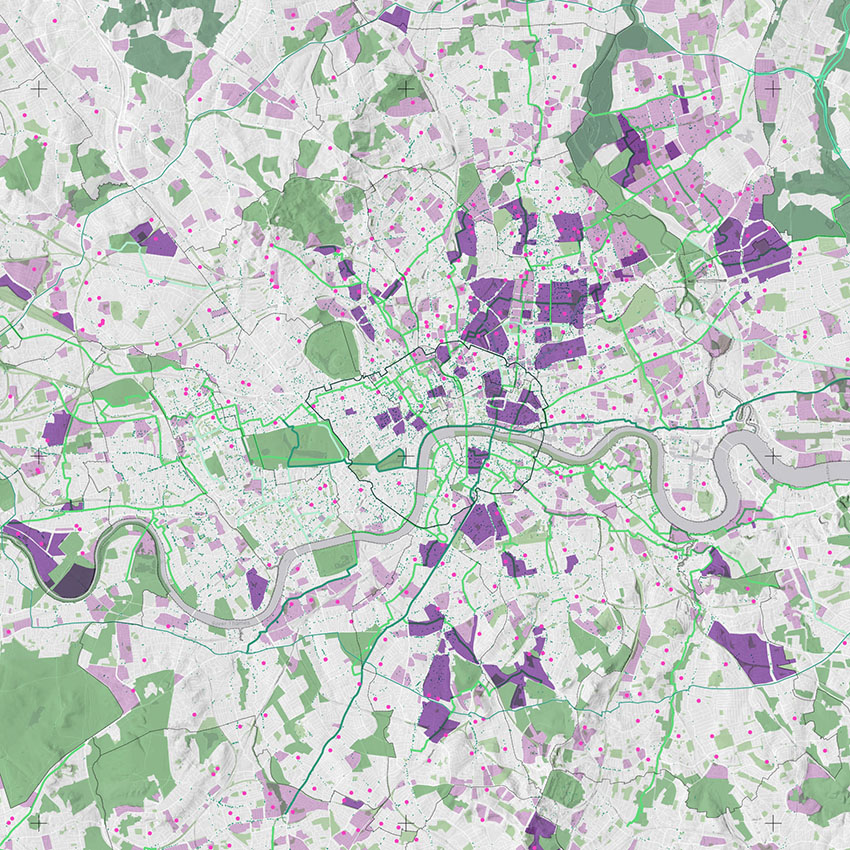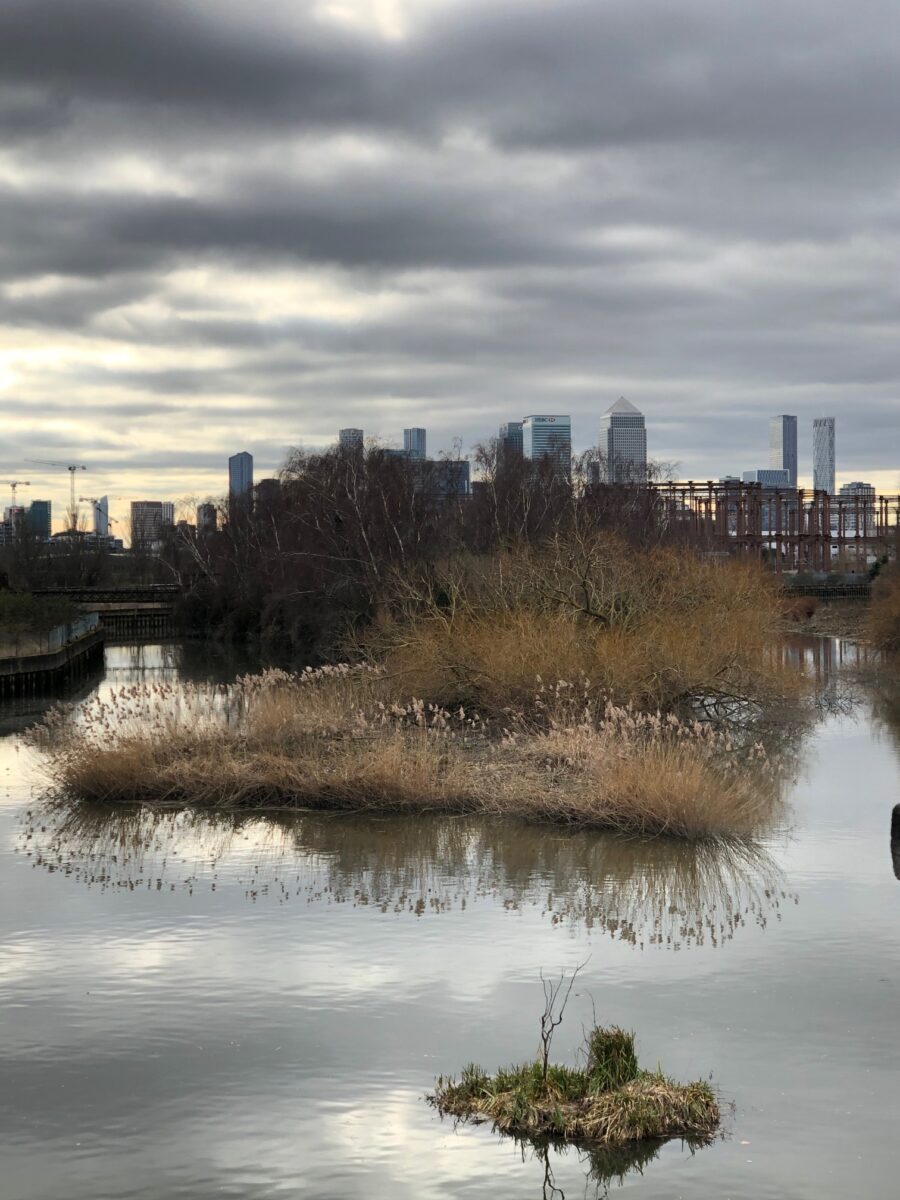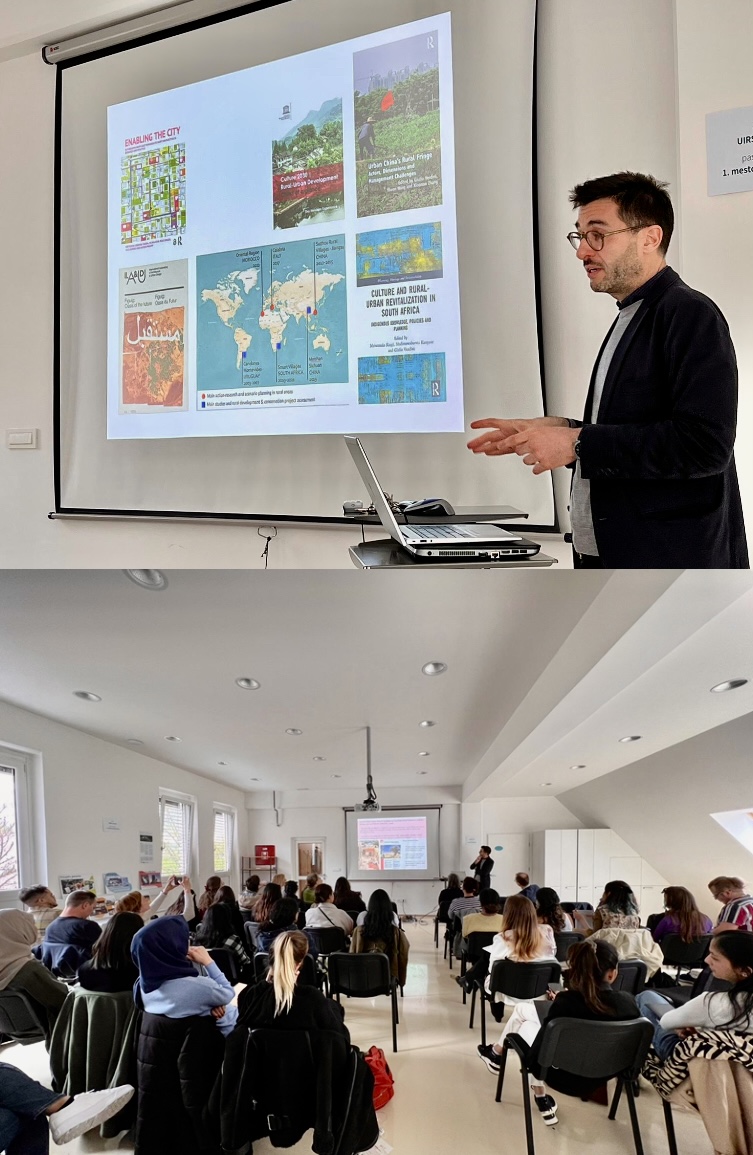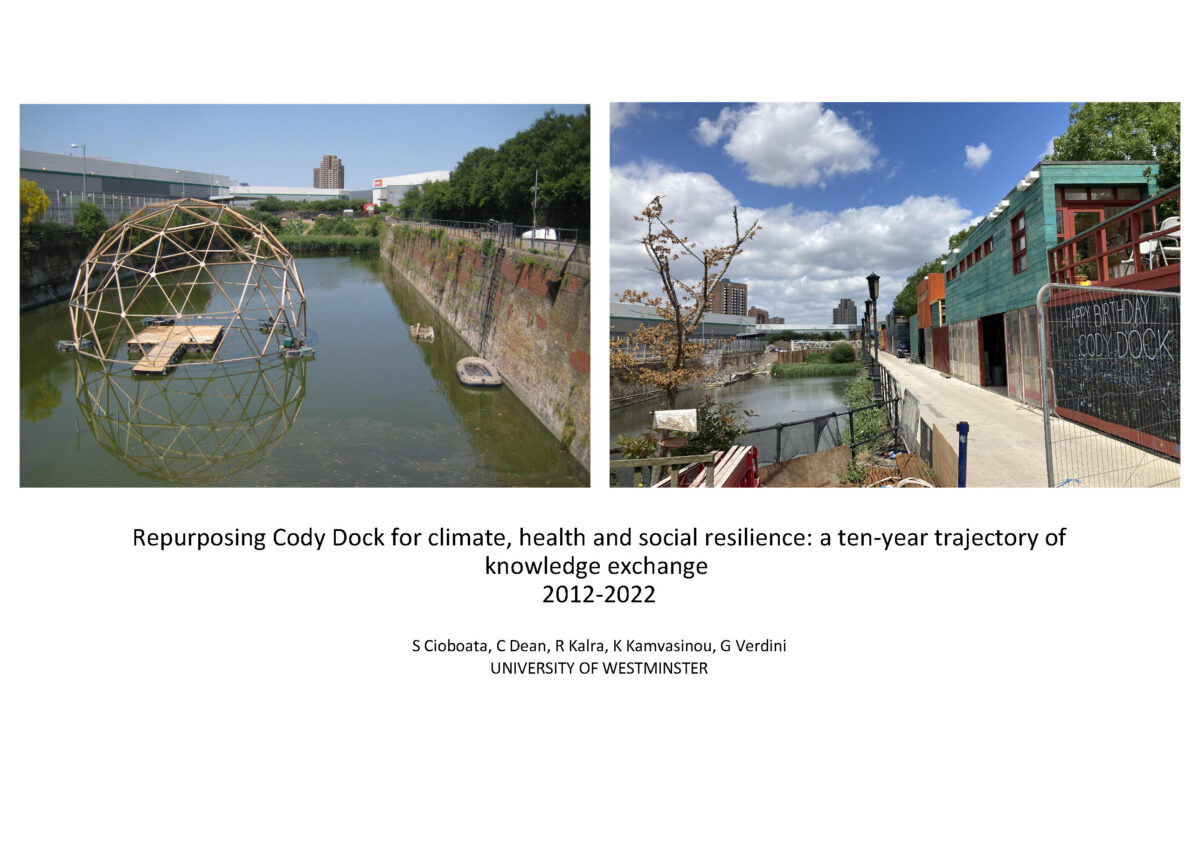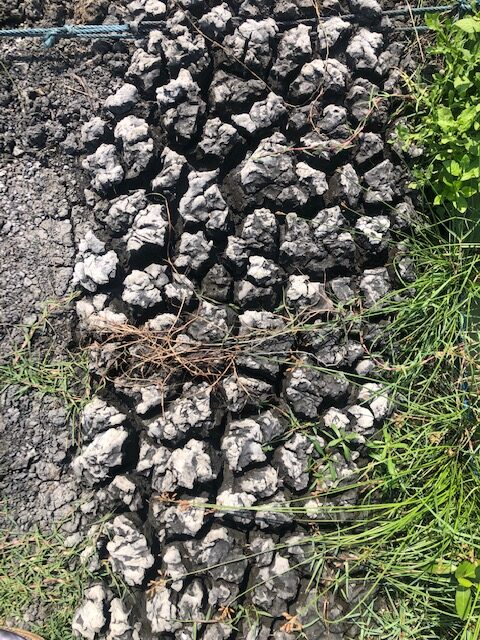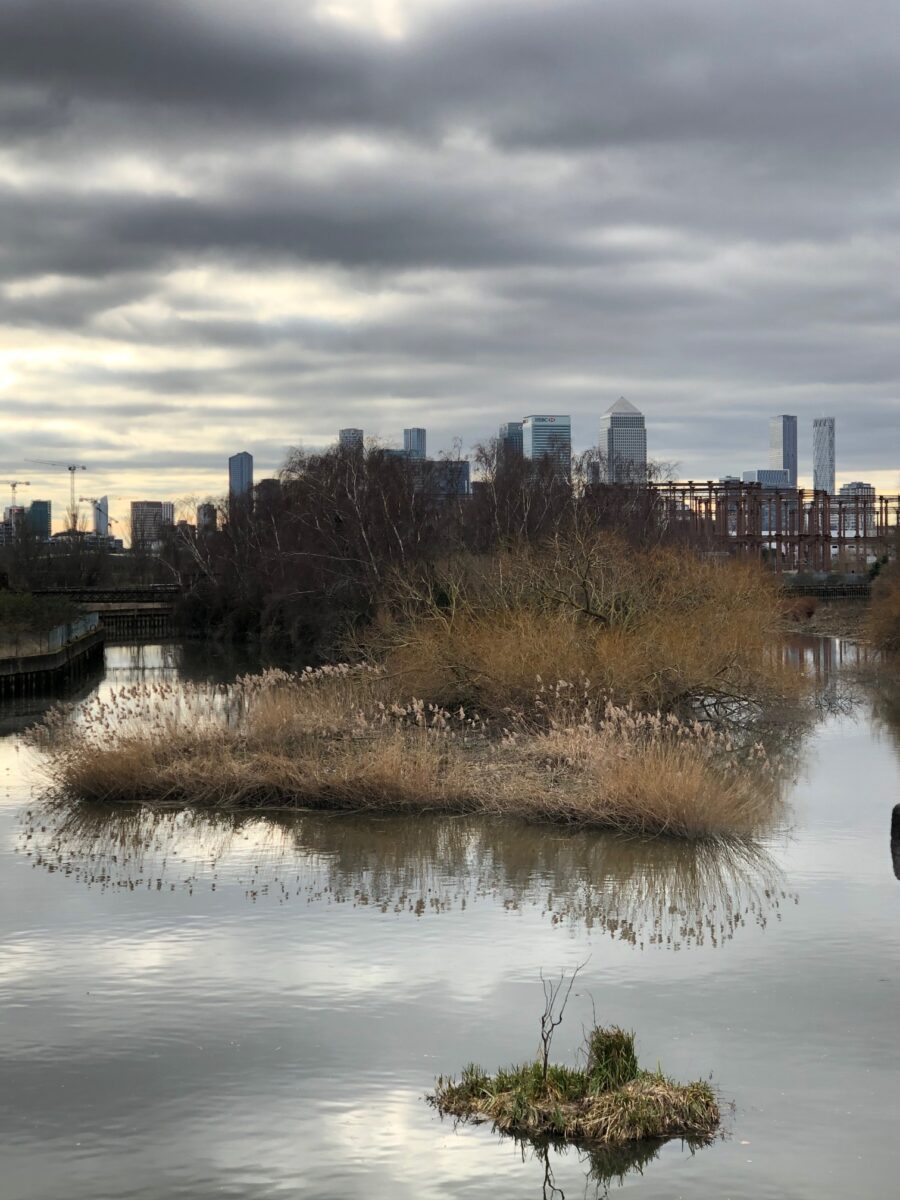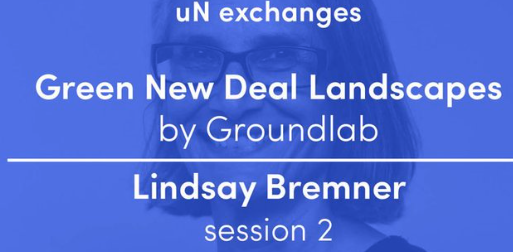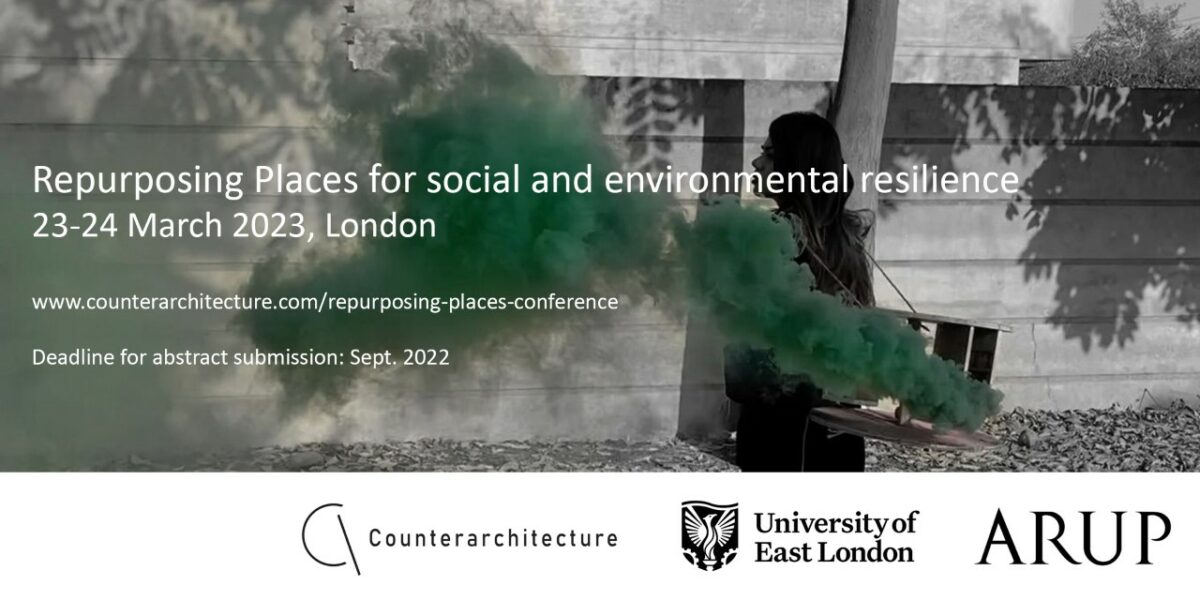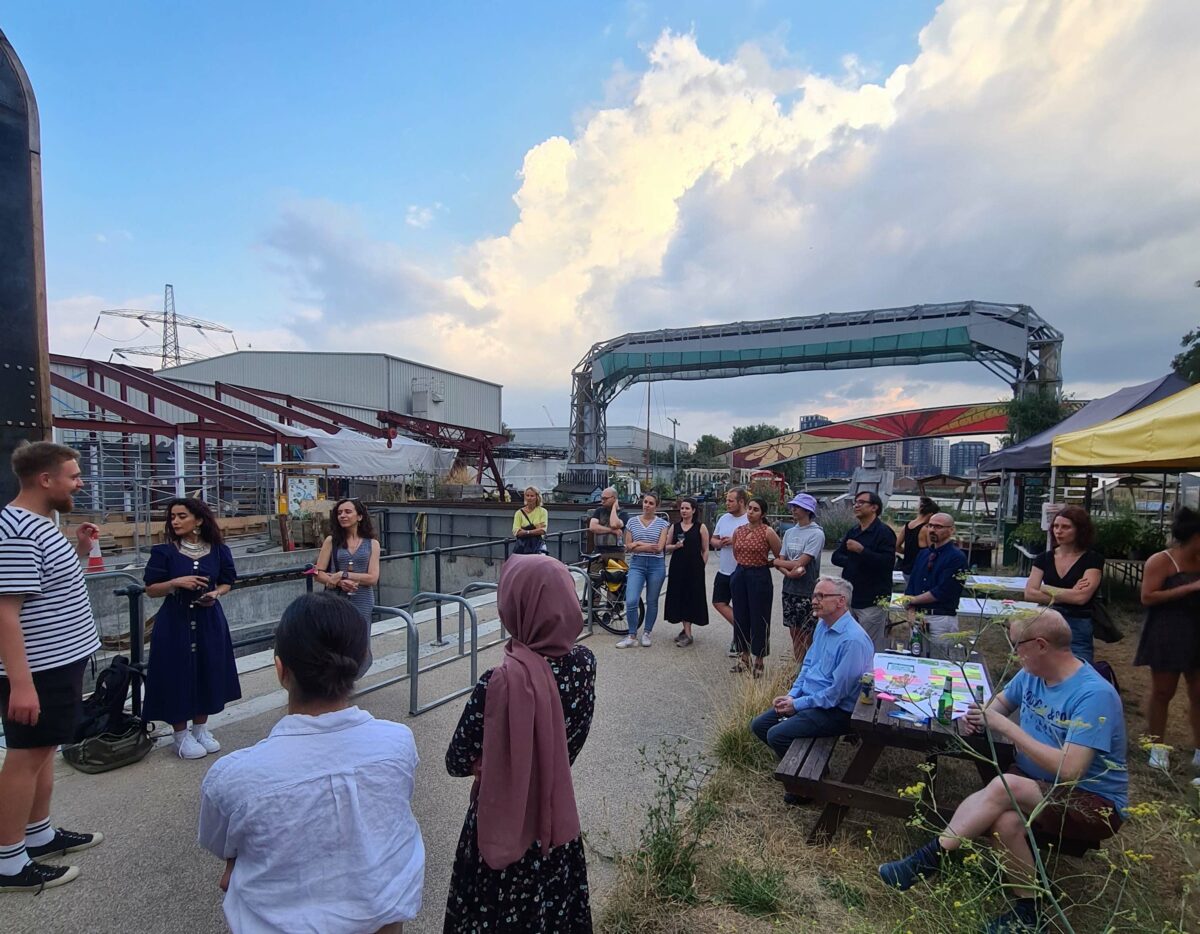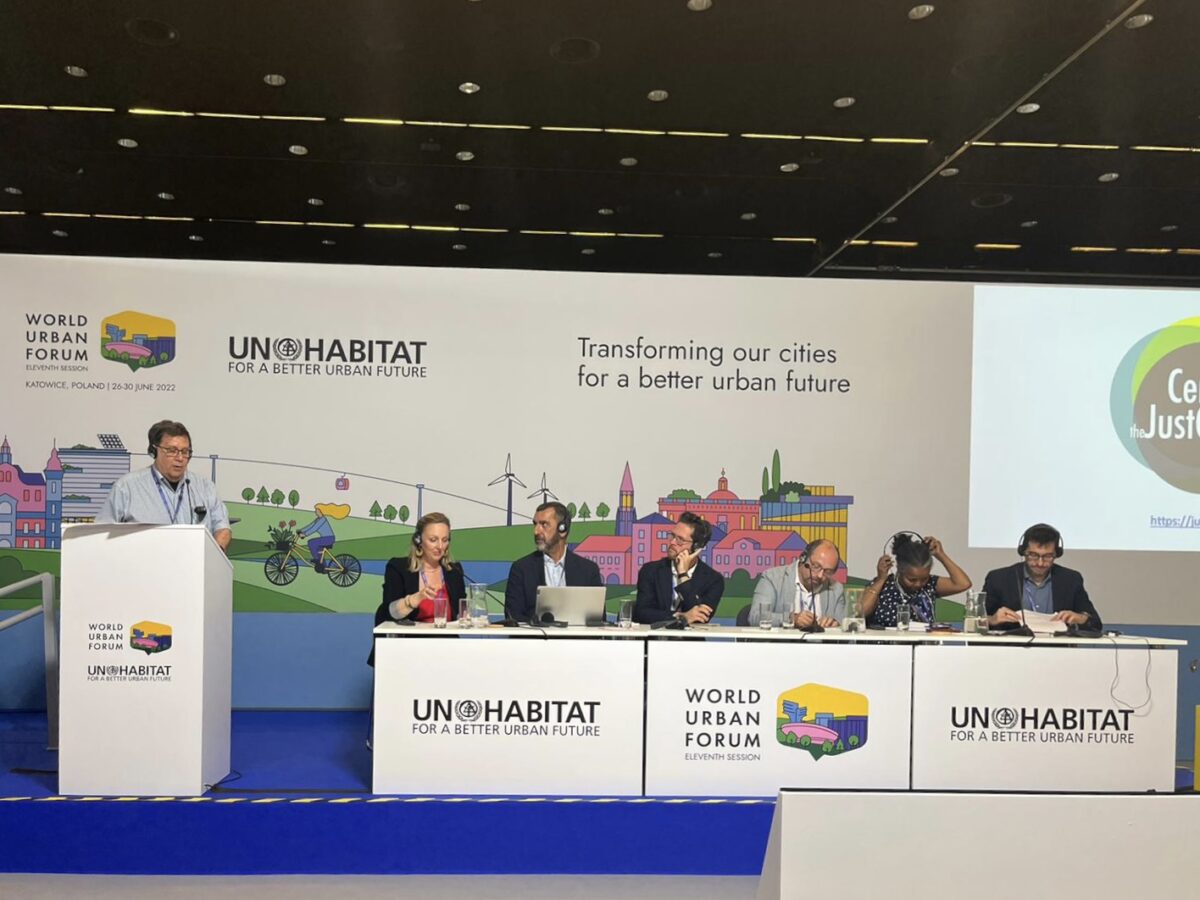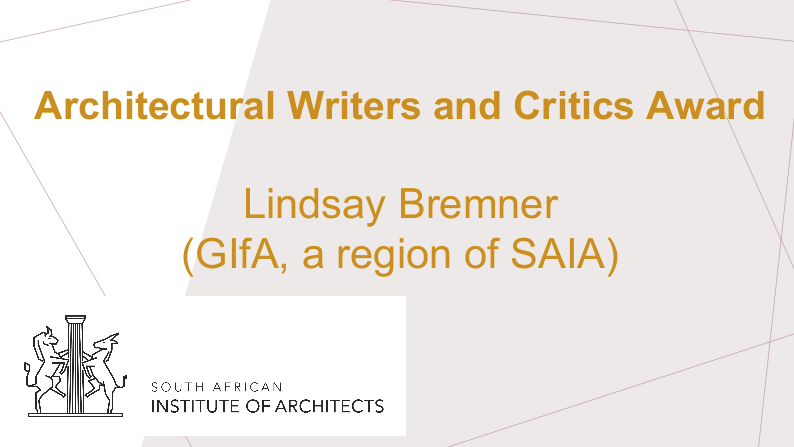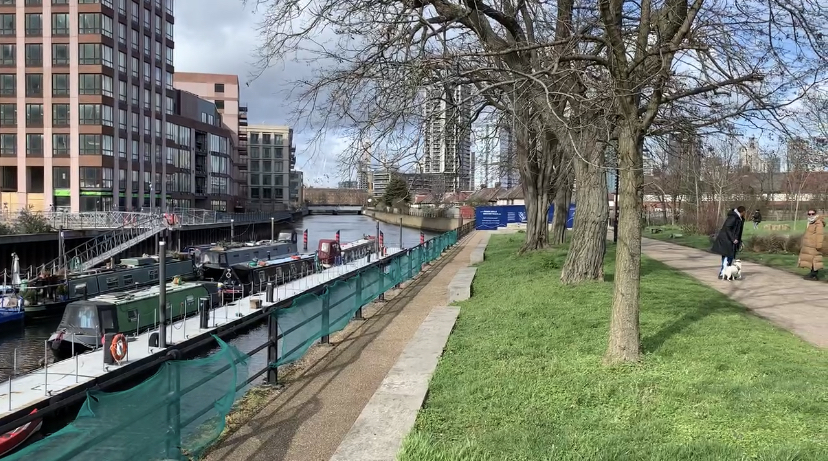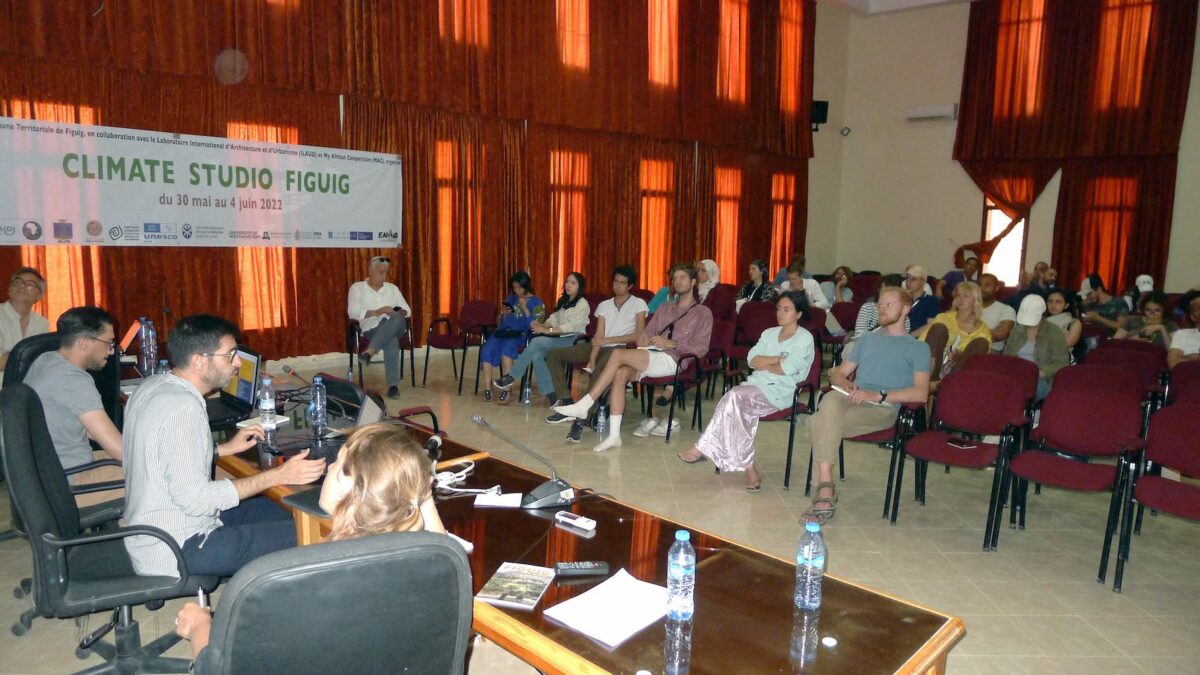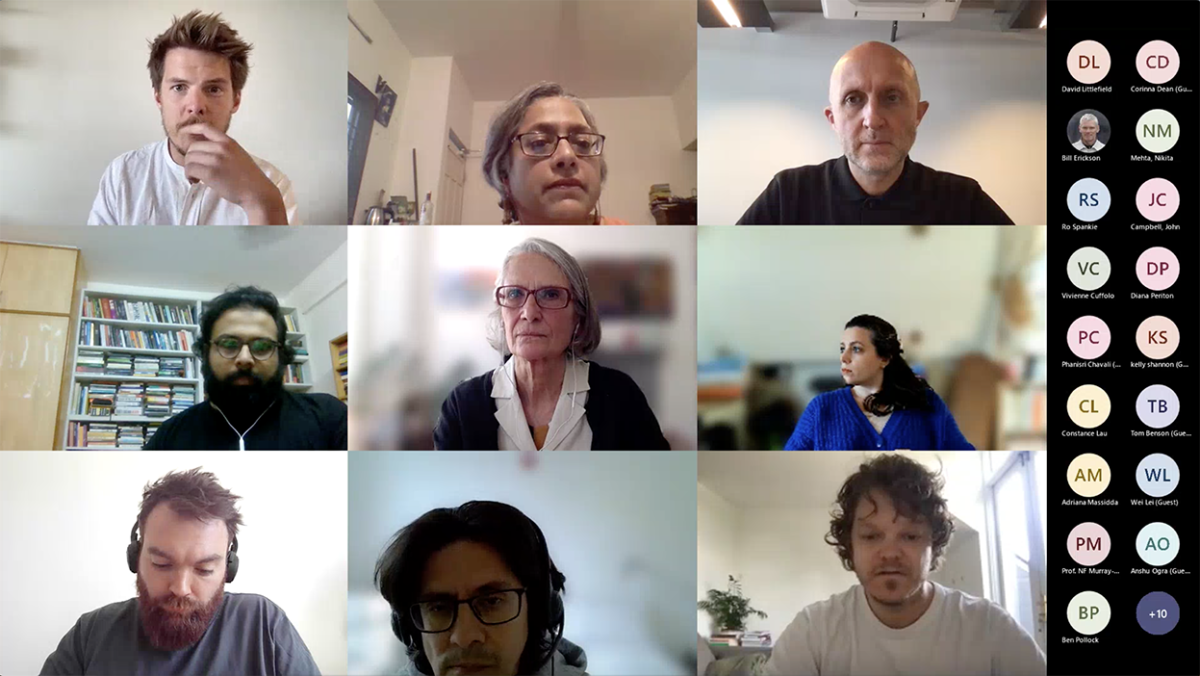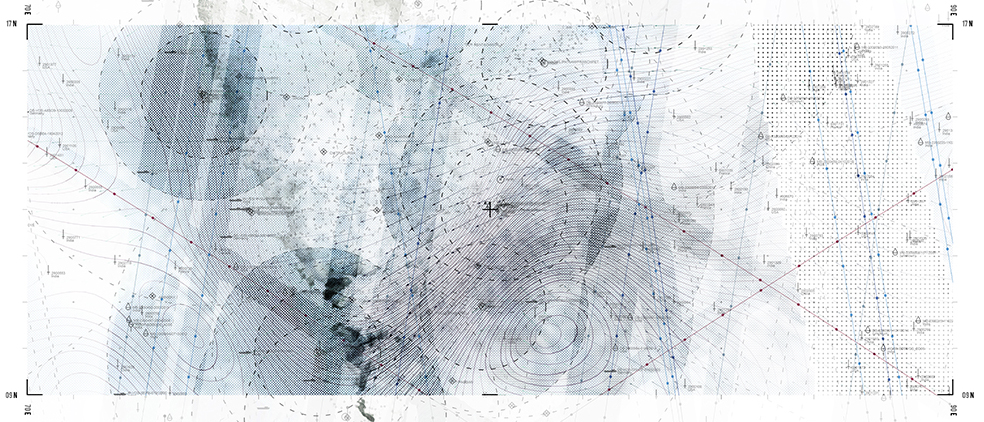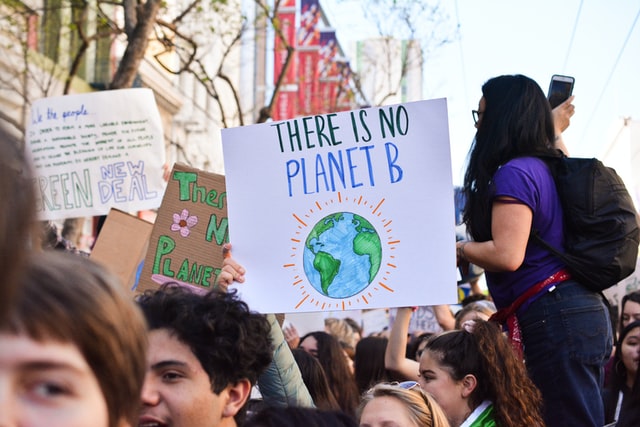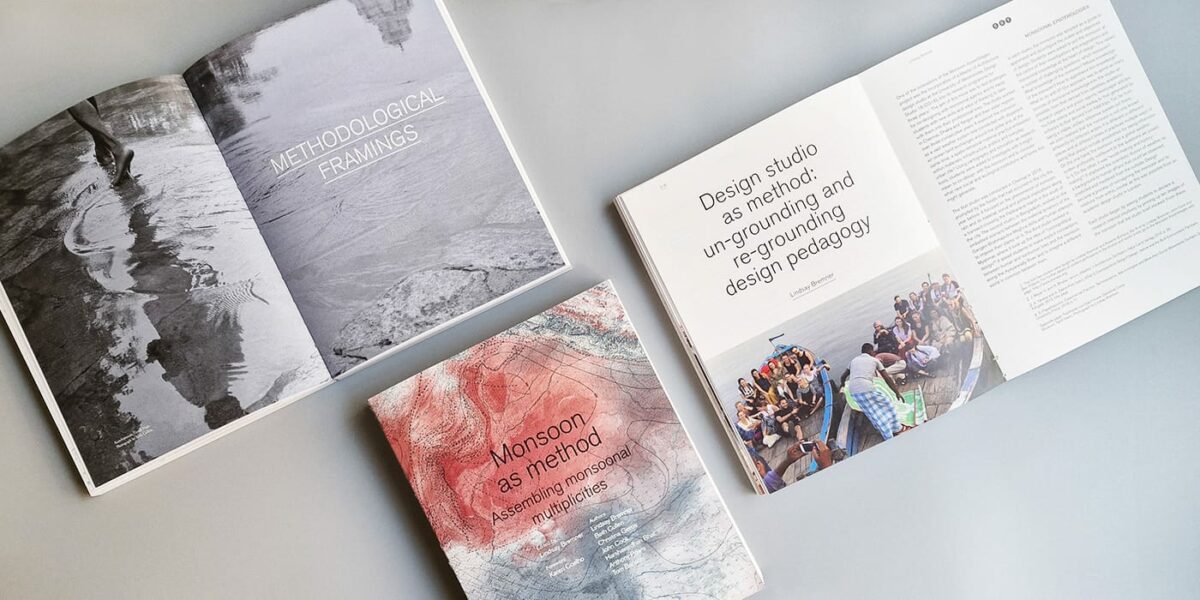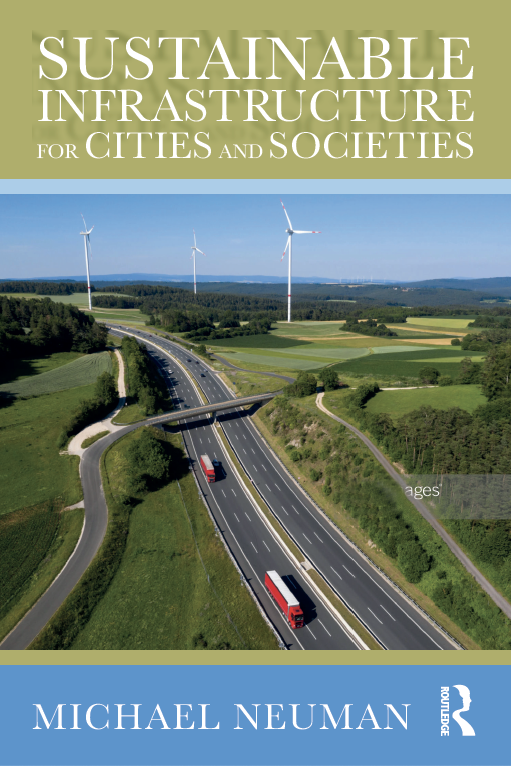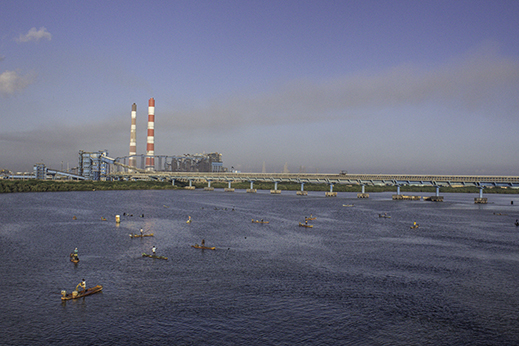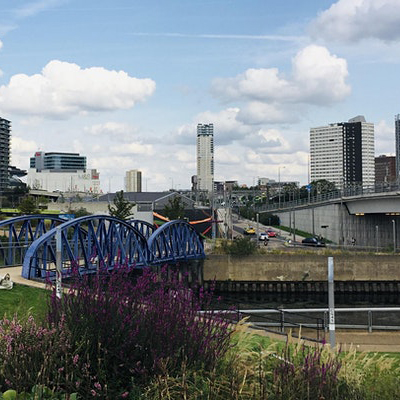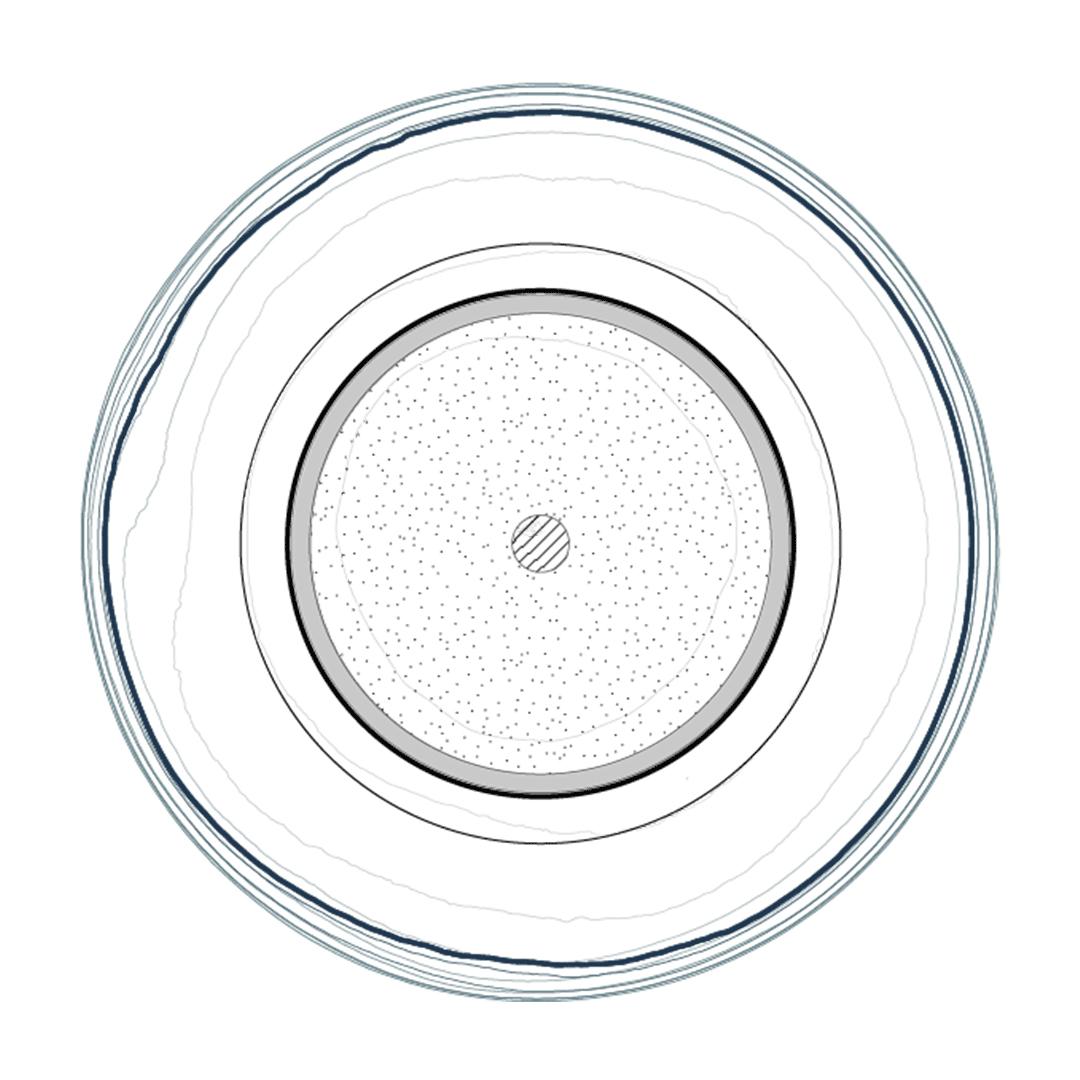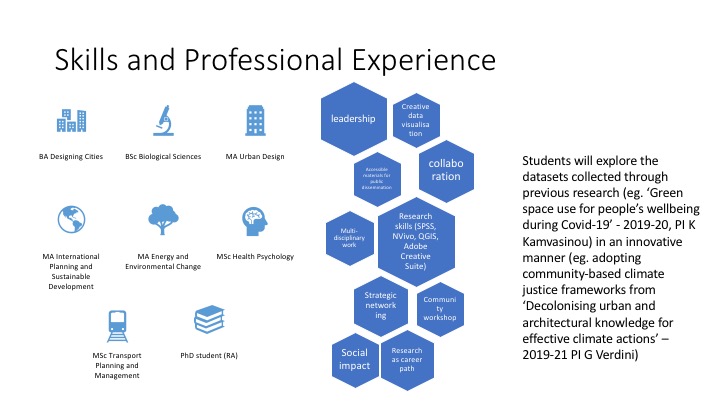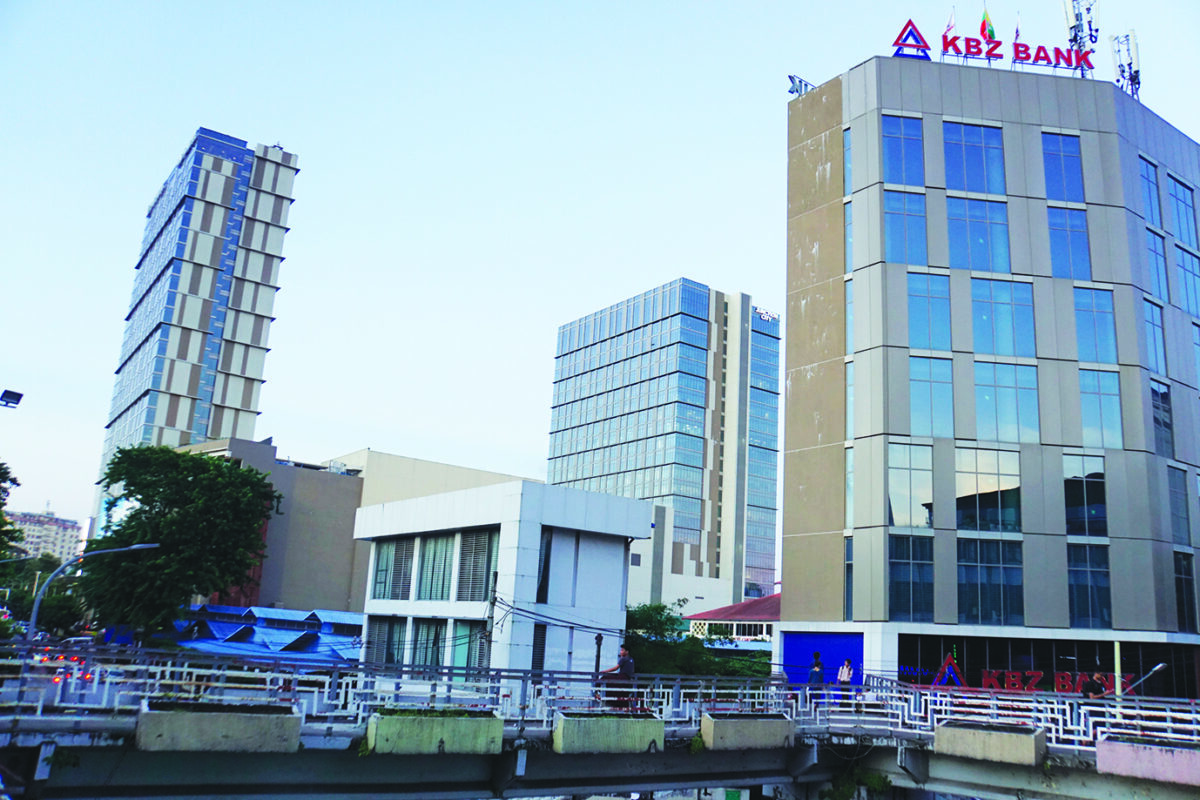Emerging Territories
Emerging Territories is one of five new research groups established by the School of Architecture and Cities in 2021. It gathers together scholars working at the interface of urban planning, urbanism and architecture. It broadly focuses on big societal and environmental challenges faced by cities and territories in relationship to evolving notions of sustainability and resilience, and looking particularly at climate change, effective governance, diversity and social inclusion. Members’ research activities tackle aspects of climate adaptation, urban-rural linkages, sustainable infrastructure, landscape, green space and urban nature, the Green Recovery, urban planning and sustainable and inclusive urban design; as well as hydro-citizenship, post-human architecture, water ecologies and risks associated with coastal areas.
Alongside strategic scale work that addresses city and regional challenges, the group has an underlying interest in urban politics and emerging forms of action, such as community activism and temporary and adaptive urbanism; whilst addressing questions of cultural regeneration, heritage and sustainability, and the impact on public realm and placemaking. We adopt a wide range of methodological diversity from planning and social science approaches to environmental humanities, architecture and urban design; we explore forms of co-design and inter- and trans-disciplinarity applied to the built environment. The group covers a wide geographical scope in relation to planning, sustainable urban development and architecture from the UK to the Global South.
We have identified the following intersections as the focus of discussion for collaborative research development and invite PhD researchers in these areas: Climate Urbanism; Health, Wellbeing and Cities; Urban-Rural Interfaces; Anthropocene Territories; Public Space and Diversity.
For more about the Emerging Territories Research Group go here.
Climatic Assemblages explores the technical, social and cultural modes in which climate knowledge is assembled across the spatial, textual and technological sites of climate science and ecotheology. I investigate these sites of climate knowledge production to situate climate scientific knowledge practices and examine the relations between this as a dominant mode with an alternative view of climatic relations through Roman and Anglo-Catholic ecotheology. The pairing offers the opportunity to explore the diffractive possibility of productive adjacencies, complements and distinctions in modes of knowing climate and ways of living within climates.
At this event, Lindsay Bremner and Dorothy Tang (National university of Singapore) told the Earth from the perspective of the littoral, the dynamic coastal zone shared by land and sea. We told stories from south and east Asia, examining the instruments used by authorities to measure and control the littoral since colonial times, and the resistance the littoral and its people have posed to such endeavours. Their presentations concluded by asking whether the littoral presented an imaginary for inhabiting the earth otherwise.The event was part of a series t the Architectural Association titled Field Forum curated by Jingru (Cyan) Cheng and Chen Zhang.
In this seminar, Lindsay Bremner presented her recent experimental work on urban agglomerations as aerographies rather than geographies. She developed the idea that air, far from being the in-between or backdrop to the everyday dramas of urban life, is a dynamic material agent that organizes and transforms cities in ways that are historical, political, meteorological and affective. Drawing from philosophy, cultural geography and anthropology, she developed three ideas about air’s urban material agency – weathering, datafying and mattering, and explored these ideas in the city of Chennai, the capital of Tamil Nadu in South India.
Antipode, online first, 29 October 2024
The Ennore wetlands in North Chennai, India were once dense with diverse habitats and interwoven histories. Many of these histories began to unravel from the 1960s onwards, when state-sponsored heavy industry began encroaching into and polluting the wetlands. Local fishers, whose lives, livelihoods, and cultural worlds were ignored by these changes, fought back in a campaign to reclaim and restore the wetlands. This paper analyses how the Save Ennore Creek Campaign and Ennore fishers used counter-mapping strategies to reveal the state’s wilful suppression of fisher knowledge and worldviews using maps and plans.
Bremner, L. & Cook, J., (2024) “Anthropocene Desire Lines: A Coal Story”, Anthropocenes – Human, Inhuman, Posthuman 5(1). doi: https://doi.org/10.16997/ahip.1630
In this experimental visual essay, we follow an imaginary lump of coal across space and time from its Gondwanan beginnings, through its extraction from the Talcher Coalfields in Odisha in India, combustion in a thermal power plant in Ennore in Tamil Nadu, and into the future through its multitude of postcombustion afterlives. We track how flows of earthly matter that begin in subterranean strata, and, mobilized by ideas of power, growth and national pride, result in indifference towards the molecular colonization of bodies, soils, waters and airs they produce.
John Cook and Ben Pollock recently won three awards from the British Cartographic Society (BCS) for cartographic work submitted by their non-profit design research studio, Climate Cartographics. For further information go to the URL accompanying this post.
This pivotal publication unites a diverse array of established and emerging scholars in urban design research from around the globe, showcasing a wide range of perspectives and insights. The event was a vibrant gathering of about 50 attendees in person and online, reflecting the global interest and relevance of the topics discussed. Insightful presentations included D Damyanovic with ‘Cool public spaces for the cities’; J Woudstra with ‘Trees and urban open spaces’; K Kamvasinou with ‘Crisis and Temporary Public Spaces’; H Kamalipour with ‘Informal Urban Design’ and E Pafka/K Dovey with ‘Enquiry by mapping’.
This research seminar explored the potential of dissensus as an agent of design in the current post-political arrangement. Dissensus is understood as an opportunity to shape alternative ways of conceptualising, imagining, planning, and designing urban space, contesting hegemonic urban agendas. Drawing from her doctoral research, Luz investigated the transformative potential of dissensus and its materialisation into agonistic spaces by looking at everyday practices of resistance to hegemonic discourses of urban regeneration from 2015 to 2018 in El Cabanyal, a contested neighbourhood in Valencia.
Verdini, G., El Ganadi, Y., Nolf, C., Vannoorbeeck, F., Anouar, S. and Siddiki, A. (ed.) 2023. Climate Adaptation and Cultural Resilience. The Case of the Oasis of Figuig, Morocco. Milan ILAUD PRESS.
This book addresses the environmental and social challenges of climate adaptation of Figuig, an oasis in the Oriental Region of Morocco still alimented by traditional underground water conduits. This fragile ecosystem, weakened by persisting socioeconomic decline, is now threatened by the impact of climate change, thus requiring new transformative approaches. Scenarios of resilience and sustainability were discussed by an interdisciplinary group of Moroccan and international scholars, practitioners, and students with local stakeholders and community associations, during an intense planning and design charrette.
An eco-restoration plan prepared by the team of the British Academy funded project, Reimagining the Good City from Ennore Creek, in consultation with the residents, elders and fishers of Ennore, Chennai.
An exhibition, film screenings, play performance and workshop to Reimagine the Good City from Ennore Creek, as part of the British Academy funded research project by the same name.
Krystallia Kamvasinou has a chapter titled “Crisis and temporary public spaces: reflections from London, UK” published in the Research Handbook on Urban Design, edited by Marion Roberts & Suzy Nelson (Edward Elgar Publishing, 2024). Gathering together scholars across the globe, the book demonstrates the depth and rigour of 21st century urban design research. Krystallia’s chapter explores adaptive, temporary public space interventions in London during two pivotal moments, the 2008 global financial downturn and the COVID19 public health emergency, and discusses their longer-term contribution to reimagining cities.
An inter-disciplinary two-session panel that invited contributions that presented, reflected on or critically analysed visual / aesthetic cultures of climate change data, the scientific and artistic imaginaries they draw from, the manners in which they make climate change and its data palpable, the new collaborations and alliances they foster and the new publics they create. The panel was organised with Neal White (School of Arts, University of Westminster), Roberto Bottazzi (The Bartlett, UCL) and Kaya Barry (Griffith Centre for Social Cultural Research, AU). It included presentations by Jonathan Cane, Rohit Majumbdar, Mariska Versantvoort, John Zhang, John Cook, Guy Sinclair and others.
This presentation discussed the counter-mapping strategies used by the fishers of Ennore Creek in north Chennai, alongside other ways of visibilising their struggle (protests, tours, festivals, music videos), to resist the degradation of their creek-based lives and livelihoods by a state-sponsored heavy industry complex, facilitated by the manipulation of maps. It focused on one instance of counter mapping, when the fishers’ map was not a map at all, but a lively demonstration of fishers standing thigh deep in water, protesting the depiction of the water as land on a fraudulent map issued by the State to justify encroachment into the creek.
At this panel, Lindsay Bremner presented ongoing work by an interdisciplinary team of researchers, activists and fishers to rethink the meaning of what constitutes a good city from Ennore Creek in North Chennai in India, as part of a British Academy funded research project. The presentation engaged with ideas of the Good City that have shaped Chennai since the early 20th Century, and presented provisional ideas emerging from a fisher-led ‘People’s Plan’ to reimagine Ennore creek not only as a human lifeworld but as a becoming-world of multi-species entanglement, as the basis of good-citiness-to-come.
In recent years, Creative Placemaking has played an essential role in urban intangible heritage management. However, the trade-off between economic development and urban conservation might lead to unsustainable outcomes, such as property-led development, commercialization, and gentrification, and these side effects would harm the interests of creative actors and stakeholders in the community. In this seminar, the preliminary findings of PhD research creative placemaking in Wudadao, Tian-jin, China, will be presented.
In this research seminar, John Cook and Ben Pollock will present the work of Climate Cartographics, a UKRI funded proof of concept grant that followed from the ERC grant funded project Monsoon Assemblages. They will discuss a series of pilot projects undertaken for external clients, as a way of testing cartographic and service delivery methods, with a view to setting Climate Cartographics up as a self sustaining company.
The River Lee, which can be described as a ‘technoscape’ has been teased and contorted by years of engineering so that it bears little resemblance to its ‘original’ course. In this presentation, Corinna Dean discusses the River Lee as an ecological system interwoven with its urban surroundings by talking about the LIVE project, ‘Liquid Futures: Floating Biodiversity Habitats’ which she carried out with the environmental charity Cody Dock on the River Lee. The co-production project between Dean, members of Cody Dock and students from the University of Westminster has provided an opportunity to think with and through water and its composites, whereby contamination becomes agency.
In occasion of the international field trip to Slovenia and Croatia of PG students in Urban Design and International Planning, Giulio Verdini participated in a public talk titled ‘Small Places, Great Ideas: Placemaking in Remote Communities’ hosted by the Institute of Urban Planning of Slovenia, 17 April 2023. His talk was on ‘Sustainable Rural Futures: Culture and Communities’. The discussion that followed helped shed light into challenges and opportunities for rural placemaking in the context of rural Slovenia in comparison with the international practice.
Giulio Verdini gave an on-line keynote talk at Tongji University, 1 March 2023, on Scenarios for culture-led regeneration and urban-rural synergies reflecting on cases of action research implemented in China and Morocco over the last ten years. The lecture series is called ‘International Comparison for urban-rural relationship’ and is part of a project funded by the Ministry of Science and Technology of China on urban-rural integration.
Krystallia Kamvasinou presented a collaborative project focusing on the repurposing of Cody Dock, a post-industrial site in East London, for climate, health, social resilience, and knowledge exchange. Over ten years, Cody Dock has served as an anchor for research and teaching projects at the School of Architecture and Cities, covering topics like temporary urbanism, design for biodiversity and water decontamination, and climate urbanism. The presentation emphasised the power of Cody Dock’s slow placemaking in shaping spaces collaboratively, addressing ecological challenges, demonstrating resilience to unexpected events like the COVID-19 pandemic, and nurturing the values of future practitioners.
Hocine Aouchal, Khedidja Boufenara & Giulio Verdini (2022) Heritage Exclusivism in Postcolonial Algeria: Assessing Local Heritageness in Annaba, Towards a Holistic and Participatory Approach to Urban Heritage Management, The Historic Environment: Policy & Practice, 13:4, 399-425, DOI: 10.1080/175675
This paper focuses on urban heritage meanings, values, and management challenges in postcolonial Algeria, and particularly on the question of exclusivism of non-traditional urban places in heritage discourse. In the process of reconstruction of homogenous national postcolonial cultural identities, local heritage views and perspectives are often ignored. This paper suggests looking simultaneously into national policies and legislative texts on urban heritage, and local stakeholders’ perceptions of what heritage should be, to identify gaps and potentially ways to improve current urban heritage governance.
Corinna Dean has been awarded a Gender Ecologies Grant in collaboration with Marvi Mazhar Associates, as part of the Pakistan UK Season 2022.
This fund offered three to four grants, each worth £30,000 to support the development and delivery of projects that contribute to the Gender Ecologies programme, which explores the intersection of women, climate change and arts. The grant is being awarded to support collaboration between Pakistan and the UK. The proposal is Pakistan-led.
Corinna And Marvi will enter into a dialogue around environmental justice with Marvi engaging with Activism and fisherwoman around the Punjab and Corinna looking at contamination as agency around the River Lea.
Corinna won second prize in the The Architecture Foundation’s new architectural writing prize. Entrants were invited to submit texts to one or more of three themed categories: Architecture and Representation, Writing as an Architectural Medium, and Design and the Climate and Biodiversity Emergencies.
The categories were respectively sponsored by Drawing Matter, the Jencks Foundation and the Marchus Trust. Corinna won in the Climate and Biodiversity category which will feature in an Architecture Foundation publication to be released in 2023.
Green New Deal Landscapes is a podcast series on the Urban Next Platform hosted by Jose Alfredo Ramírez and Clara Olóriz Sanjuán who are co-directors of AA Groundlab. Each session discusses the relationship between policy making and our environment and explores how we can tackle climate change through landscape design. In session 2, Lindsay Bremner joins Alfredo to talk about new methodological procedures and narrative strategies in mapping the landscape to understand complex relationships within the Earth.
K.Kamvasinou, G.Verdini, C.Dean, R.Kalra, and S.Cioboata have been selected to present their QHT-funded research, and prior work leading on to it in relation to Cody Dock, a post-industrial site of community-led regeneration, river revitalisation and social entreprise on the River Lea in East London, at the conference ‘Repurposing Places for Social and Environmental Resilience’ organised by Counterarchitecture,UEL and ARUP (23-24 March 2023).
An exhibition on Climate Resilient and Healthy Cities was launched at Cody Dock in East London, 20 July, as a result of an interdisciplinary project funded by the Quintin Hogg Trust. Students from urban design, planning, psychology, law, worked together to produce accessible scientific material to a wider audience, and to facilitate community engagement, discussing the changing perception and new demands of green spaces among people after the pandemic. The research project was coordinated by Krystallia Kamvasinou, Giulio Verdini, and Ripin Kalra, with the contribution of Rachel Aldred and Corinna Dean, and research associate Sabina Cioboata.
Giulio Verdini presented his research work on Climate Studios in North Africa at the panel organised by GPEAN, Global Planning Education Association Network, and HABITAT UNI ‘From theory to practice. Universities contribute to the New Urban Agenda’, at WUF11, the UN-HABITAT World Urban Forum in Katowice, 30 June. His presentation highlighted how climate emergency can be a trigger to rethink planning paradigms, providing meanwhile a unique opportunity to co-develop new public narratives of inclusion, adaptation and resiliency with non-academic stakeholders. The panel was chaired by Raphaëlle Vignol, UN-HABITAT, with closing remarks from Bruce Stiftel, Georgia Tech University.
Strange finding out one has been given an award one did not apply for nor know one was nominated for, as a member of an organisation one retired from 16 years ago, in a powerpoint presentation sent as an attachment in an email by a friend!
Verdini, G. and Dean, C. 2022. Climate Urbanism in the Post-pandemic World: Mapping Vulnerabilities and Exploring Community Activism in East London. in: Giorgi, E., Cattaneo, T., Flores Herrera, A. M. and Aceves Tarango, V. (ed.) Design for Vulnerable Communities Cham. Springer. pp. 245-262.
This chapter proposes an approach to understand and map city social and environmental vulnerabilities, alongside bottom-up and emerging community experiences in response to the pandemic, with the aim to provide a critical understanding on whether the goal of designing climate resilient and socially inclusive post-pandemic neighbourhoods can be achievable. A framework of city resiliency based on the principles of climate urbanism is applied to the Lower Lea Valley in East London, in the context of studio pedagogy. This helps envision how to design post-pandemic sustainable climate actions, while critically taking into account the role of communities and other local actors.
Giulio Verdini coordinated a summer workshop in the Oasis town of Figuig in Morocco, near the border with Algeria, called ‘Figuig Climate Studio’, 31 May – 4 June, to explore scenarios of sustainability and resiliency with local people, linked to the impact of climate change on water provision, agriculture and liveability of the town. Students and staff from the University of Westminster, University of Wageningen, International University of Rabat, and National School of Architecture of Oujda attended. The workshop was promoted by ILAUD and My African Competition, and sponsored by the Municipality of Figuig, under the auspices of Union of the Mediterranean.
The recording of the launch of the book Monsoon as Method: Assembling Monsoonal Multiplicities is now available on Youtube.
Lindsay Bremner has been awarded a one-year, €150,000 European Research Council (ERC) Proof of Concept Grant for ‘Climate Cartographics,’ a project to test the societal and commercial potential of the cartographic techniques developed during the Monsoon Assemblages project. She and two research fellows will work with the Active Travel Academy, Southwark Borough Council, Trees for Cities, and Pelagian (a sub-sea cable company) to develop pilot cartographic products using visual sensemaking and visual story-telling techniques. On the basis of these pilots and further market research, a business case for offering the services more widely to different sectors will be developed.
Lindsay Bremner has been invited to participate in and give a plenary address at a workshop titled ‘Societal Aspects of Climate Change,’ organised by the Institute for Advanced Study at KU Leuven in Belgium, 24-25 May. The workshop aims to provide a basis for exchanging views with international scientists from various non-European countries on their cultural, political and economic development conditions and on the challenges that climate change poses to their societies.
Monsoon Assemblages will launch Monsoon as Method: Assembling Monsoonal Multiplicities (Actar 2022) online on 8 June, 13.00 – 14.30 (BST). Do join us to celebrate the publication of the book.
At the launch, Lindsay Bremner, Christina Geros, Harshavardhan Bhat, Anthony Powis and John Cook will be joined by Edd Wall, Alfredo Ramirez, Karen Coelho, Pamila Gupta and Jonathan Cane to discuss the book and its methods. To attend, register using the Eventbrite link provided.
The launch of Michael Neuman’s book Sustainable Infrastructure for Cities and Societies on Marylebone Campus and online.
Zoom link: https://us06web.zoom.us/j/88352581921?pwd=ZHZlQWVUYjlab01hQ3FXV0hKZ05pUT09
Meeting ID: 883 5258 1921
Passcode: 395845
Lindsay Bremner and an interdisciplinary and intersectoral team of researchers from India, the UK and Canada have been awarded a British Council Knowledge Frontiers: International interdisciplinary Research 2022 grant for a two-year project titled ‘Reimagining the Good City from Ennore Creek, Chennai.’
Ennore Creek is a coastal wetland and backwater of the Kosasthalaiyar River in north Chennai, Tamil Nadu, India. Rich with mangroves, salt flats, canals and the myriad life-forms that thrive in them, it is home to numerous fishing communities and serves as a buffer against floods and sea level rise. After the 1950s, when Chennai began associating the idea of the ‘Good City’ with industrialisation and modernisation, Ennore was rezoned for heavy polluting industries. Land-use changes and lax environmental controls resulted in pollution, coal ash leakage and dumping of toxic material into the creek, degrading its ecosystem and impacting the health and livelihoods of its communities. This project will bring together diverse communities of knowledge and practice to reimagine and rearticulate the future of the creek in the interests of local communities, in the context of permanent weather extremes, climate challenges and a state-led creek eco-restoration proposal.
Co-investigators on the project, which will run from April 2022 – April 2024 are historians Dr Bhavani Raman (University of Toronto), and Dr Aditya Ramesh (University of Manchester); anthropologist Dr Karen Coelho (Madras Institute of Development Studies); environmental chemist Dr Asif Qureshi (Indian Institute of Technology, Hyderabad); community activist and writer Nityanand Jayaraman and K. Saravan and Pooja Kumar (Coastal Resource Centre, Chennai).
This research is supported/funded by the British Academy’s Knowledge Frontiers: International Interdisciplinary research 2022 Programme.
Image: Ennore Creek with the North Chennai Thermal Power Station in the background. Photograph: Shafeeq Ahamed S, Age 17, 2022.
The ‘Emerging Territories’ Research Group will host a one-day symposium on current research initiatives in the School of Architecture and Cities, at the interface between London-based explorative practices, and globally-relevant projects.
Planetary Assemblages brings together the work of Monsoon Assemblages and the Manifest Data Lab to visualise geophysical and atmospheric data as ways of making climate change perceptible and public. Through drawings, maps, animations and models saturated with data from multiple sources, it proposes a critical engagement with the power of art and design to explore connections with the climate crisis and to motivate awareness of the material, social and cultural ways we are implicated in it.
The project is initiated by the Emerging Territories Research Group: Krystallia Kamvasinou and Giulio Verdini (Co-Convenors), and Ripin Kalra (Member). We capitalise on previous projects on green space in London and the Covid19 health emergency, and climate urbanism and resilience. Cross-disciplinary co-investigators are: Rachel Aldred (Transport), Nina Smyth (Psychology), Linda Percy (Biological Sciences), Corinna Dean (Architecture).
The opening of Monsoonal Multiplicities, the online exhibition by the European Research Council funded project, Monsoon Assemblages. Speakers were historian Sunil Amrith, author of Unruly Waters: How Mountain Rivers and Monsoons have Shaped South Asia’s History and landscape architect Dilip da Cunha, author of The Invention of Rivers: Alexander’s Eye and Ganga’s Descent.
In Nick Axel, Nikolaus Hirsch, Daniel Barber and Anton Vidokle eds. Accumulation: The Art, Architecture and Media of Climate Change, Minneapolis, University of Minnesota Press, 2022.
In Yangon, Myanmar, displays of conspicuous wealth adorn high-end real estate developments located at strategic downtown intersections and clustered around the city’s famous Kandawgyi and Inya lakes. Research in 2019 exposed the links between much of this high-end real estate and jade extraction in northern Kachen State. The chapter analyses these relations.

